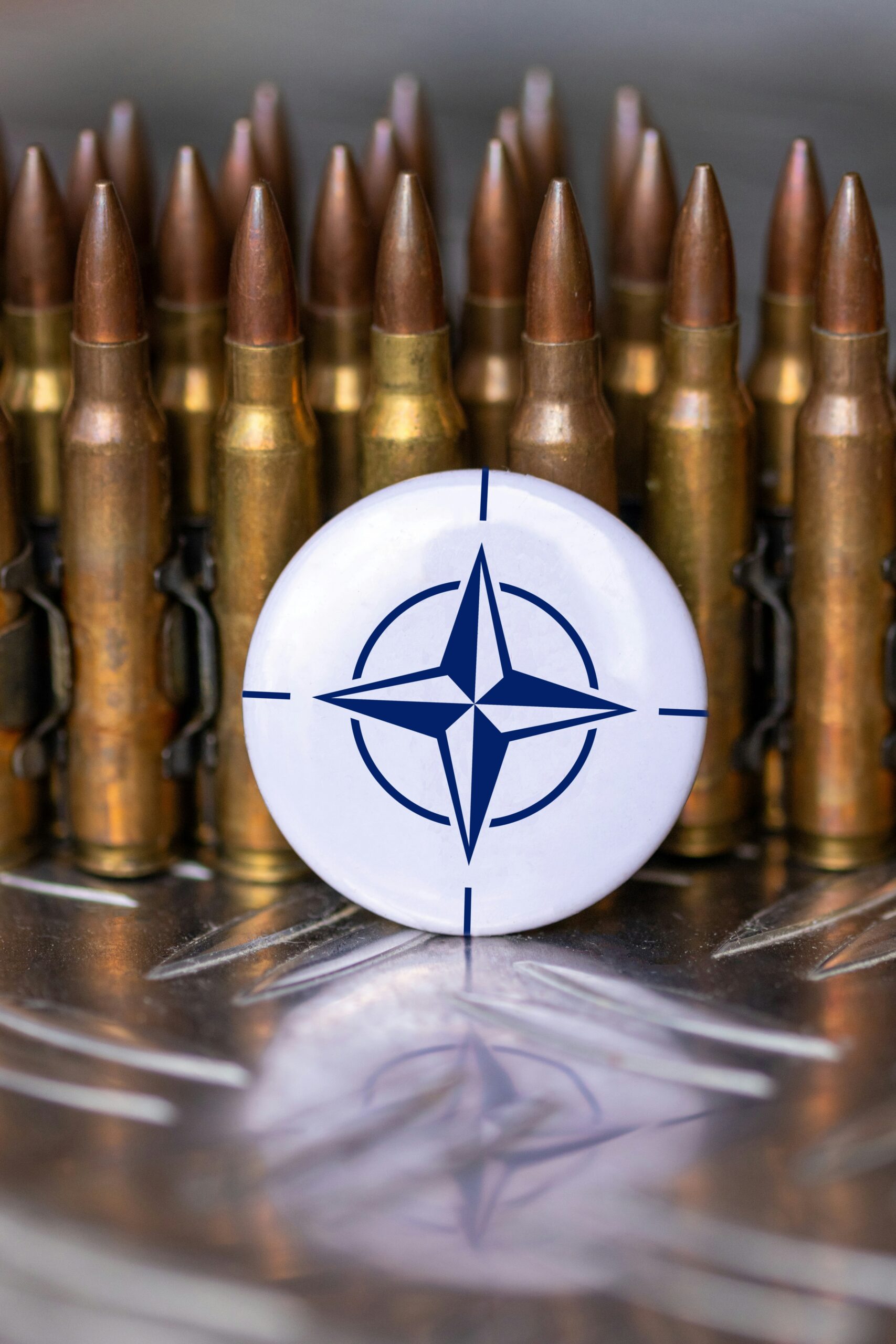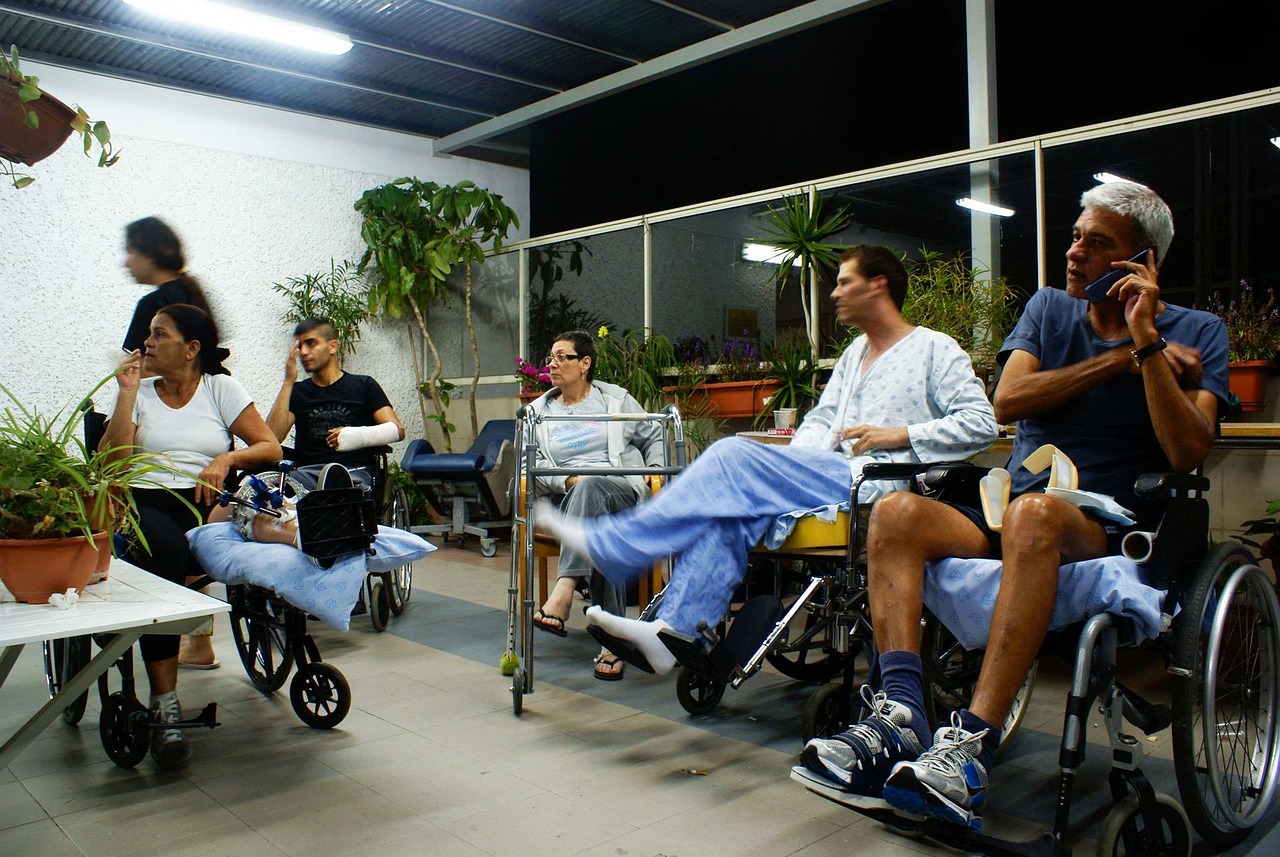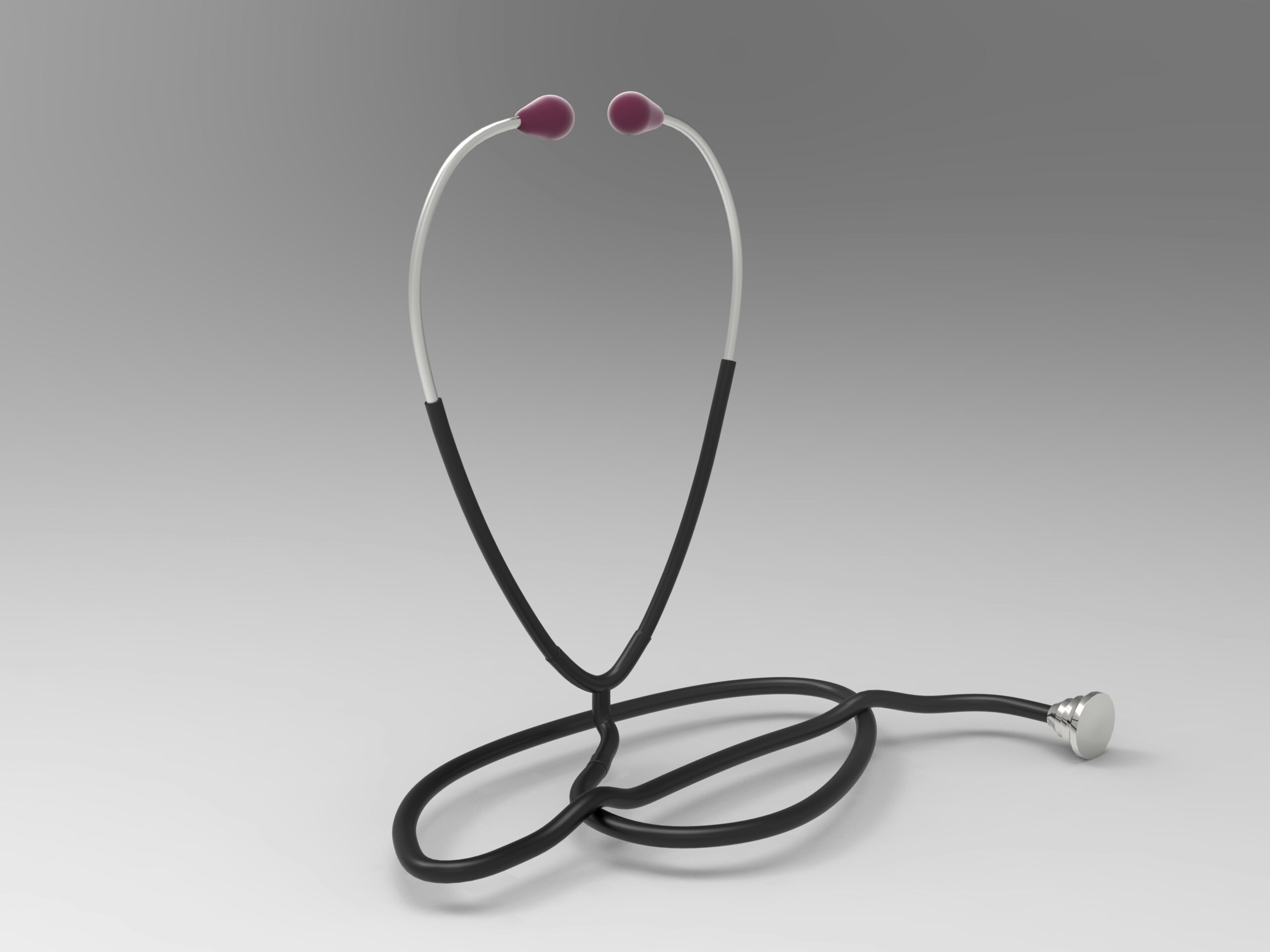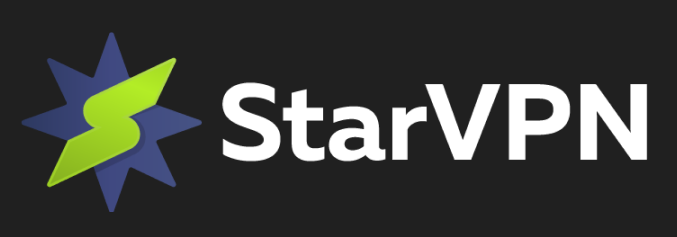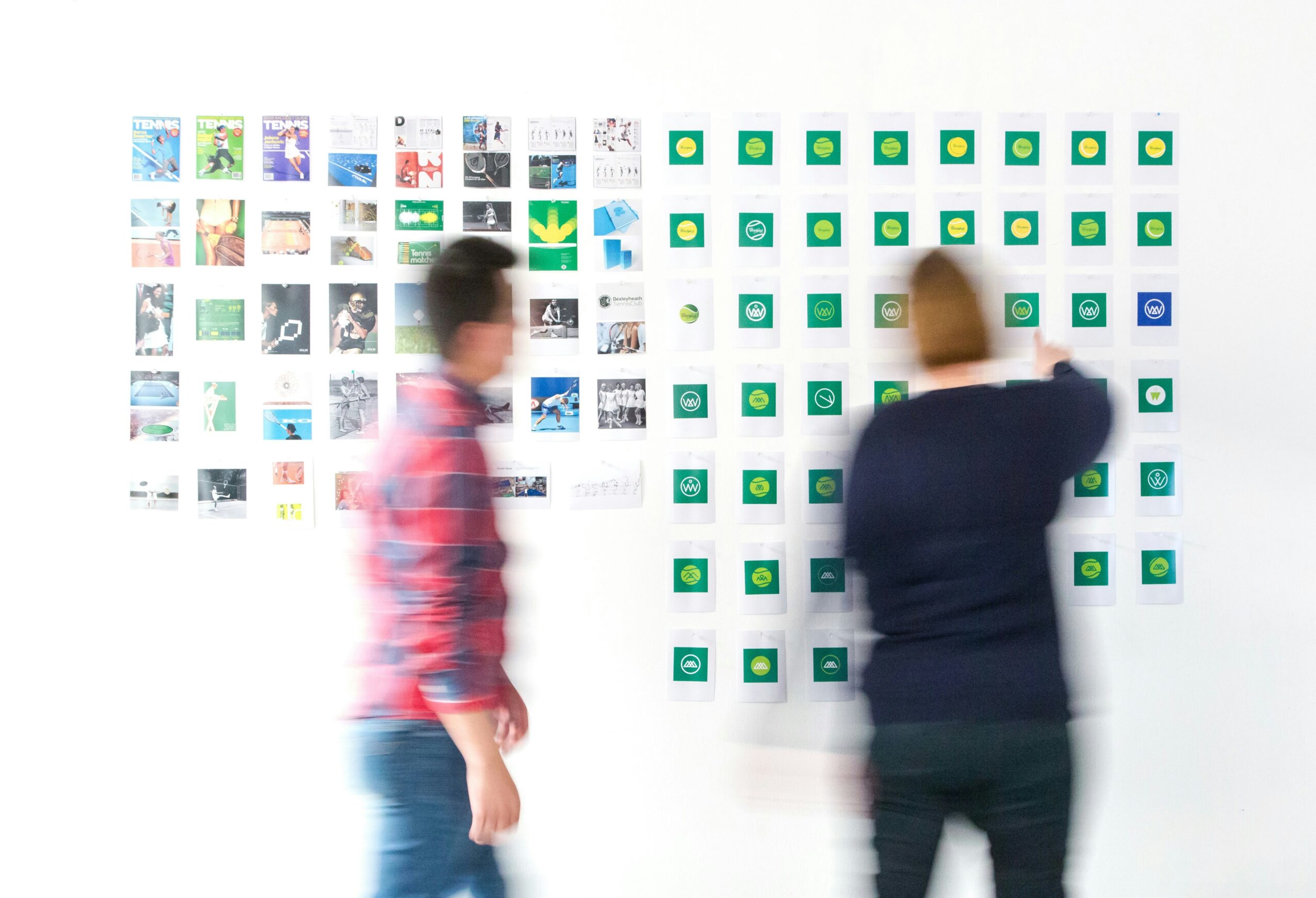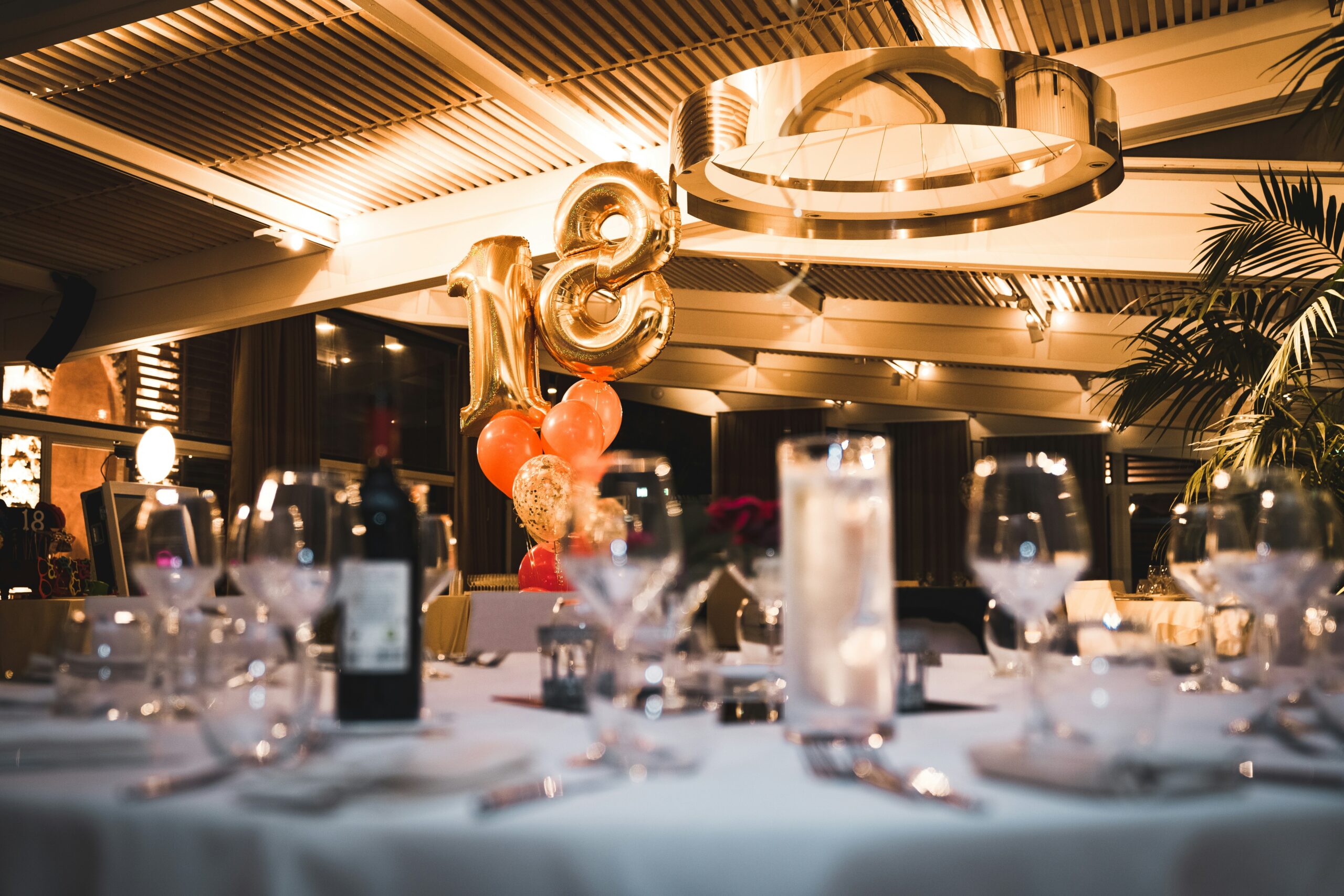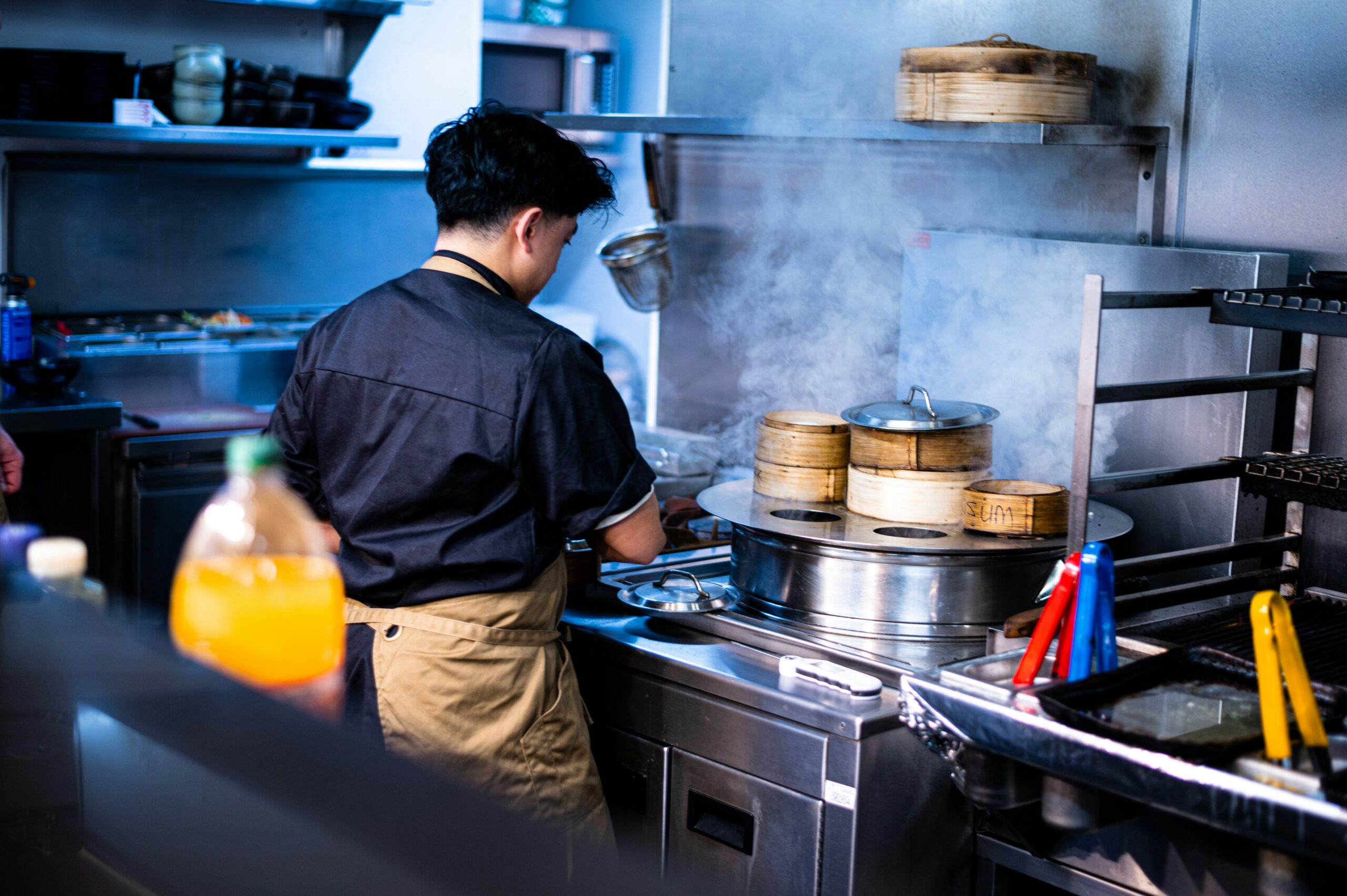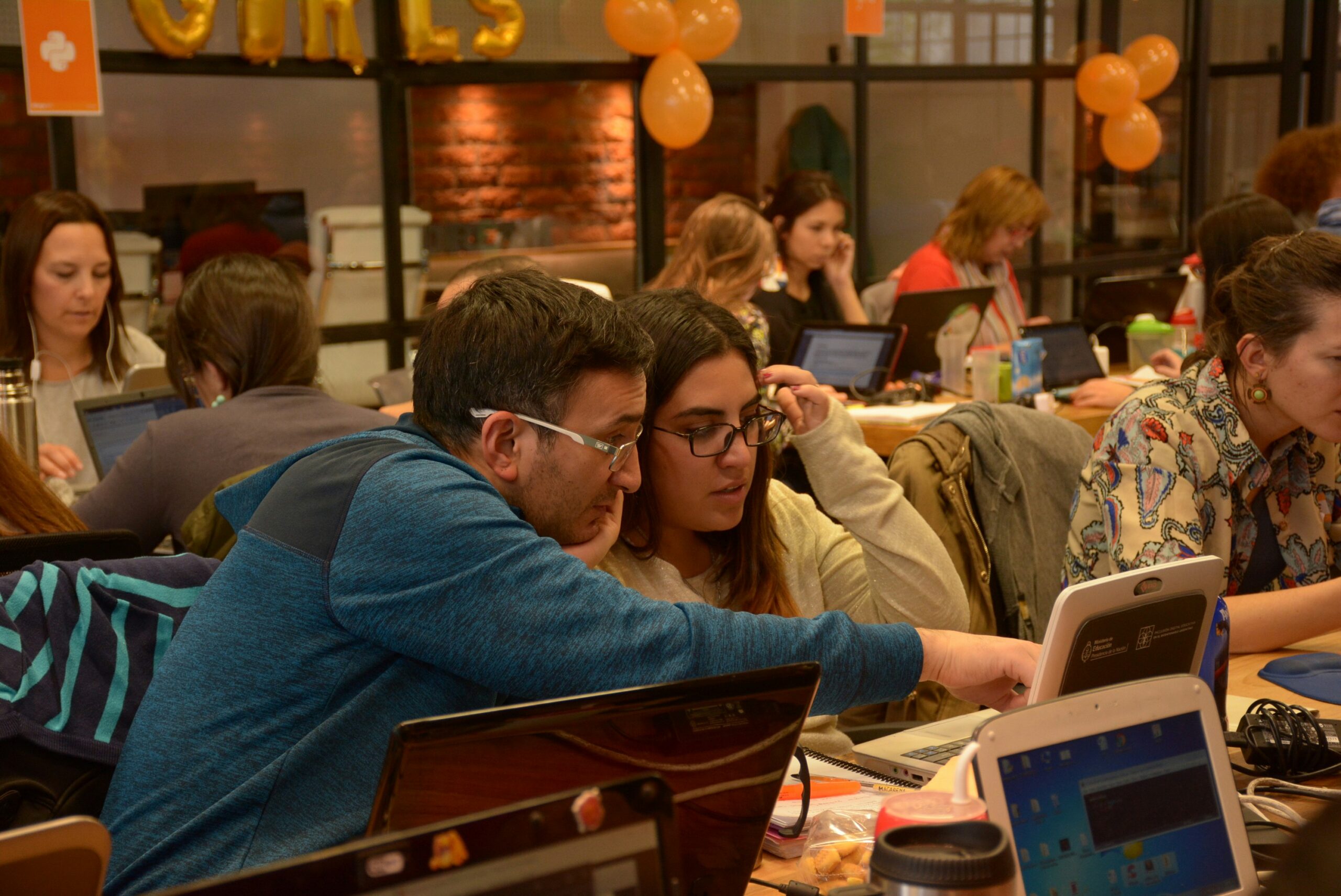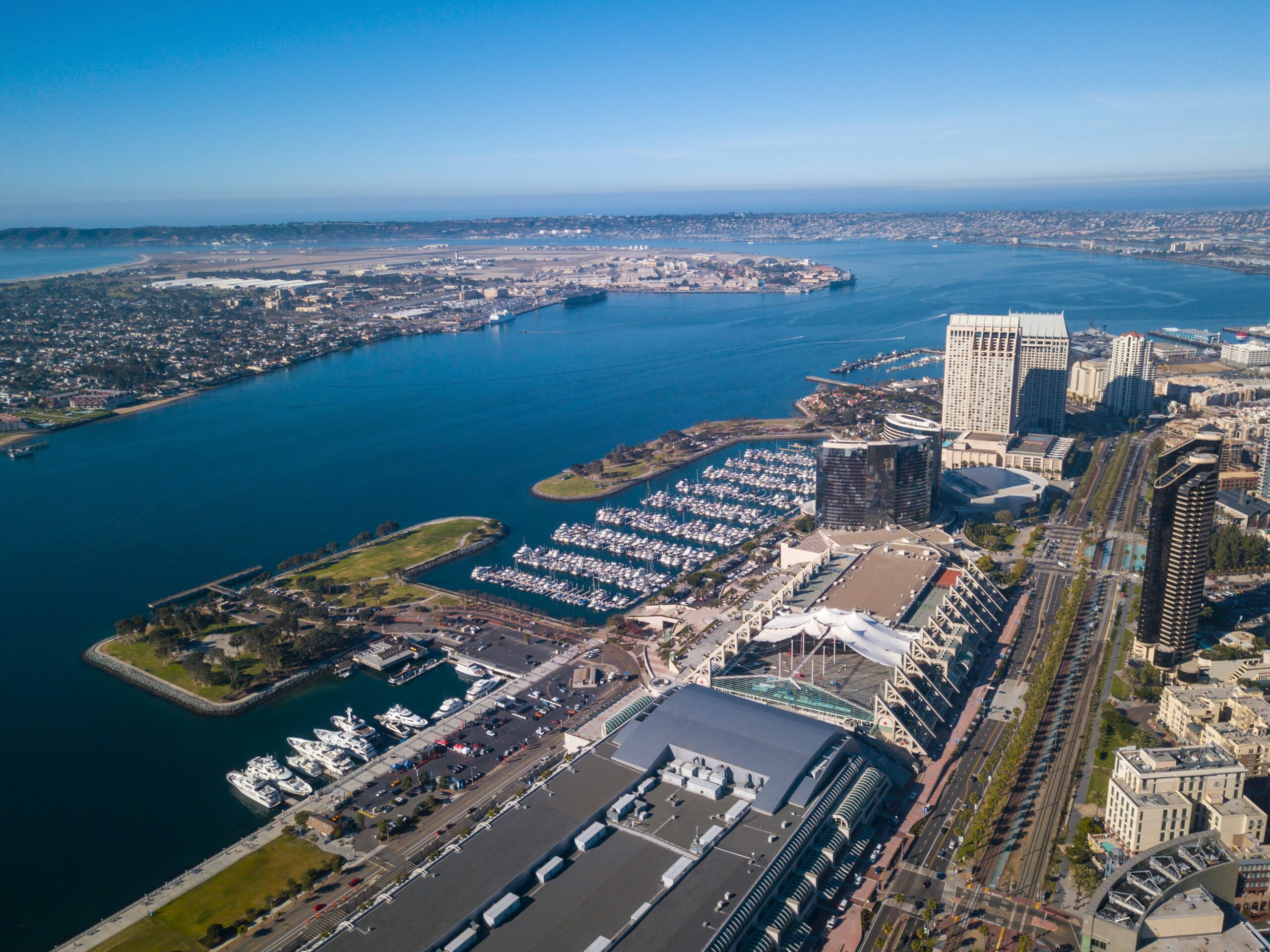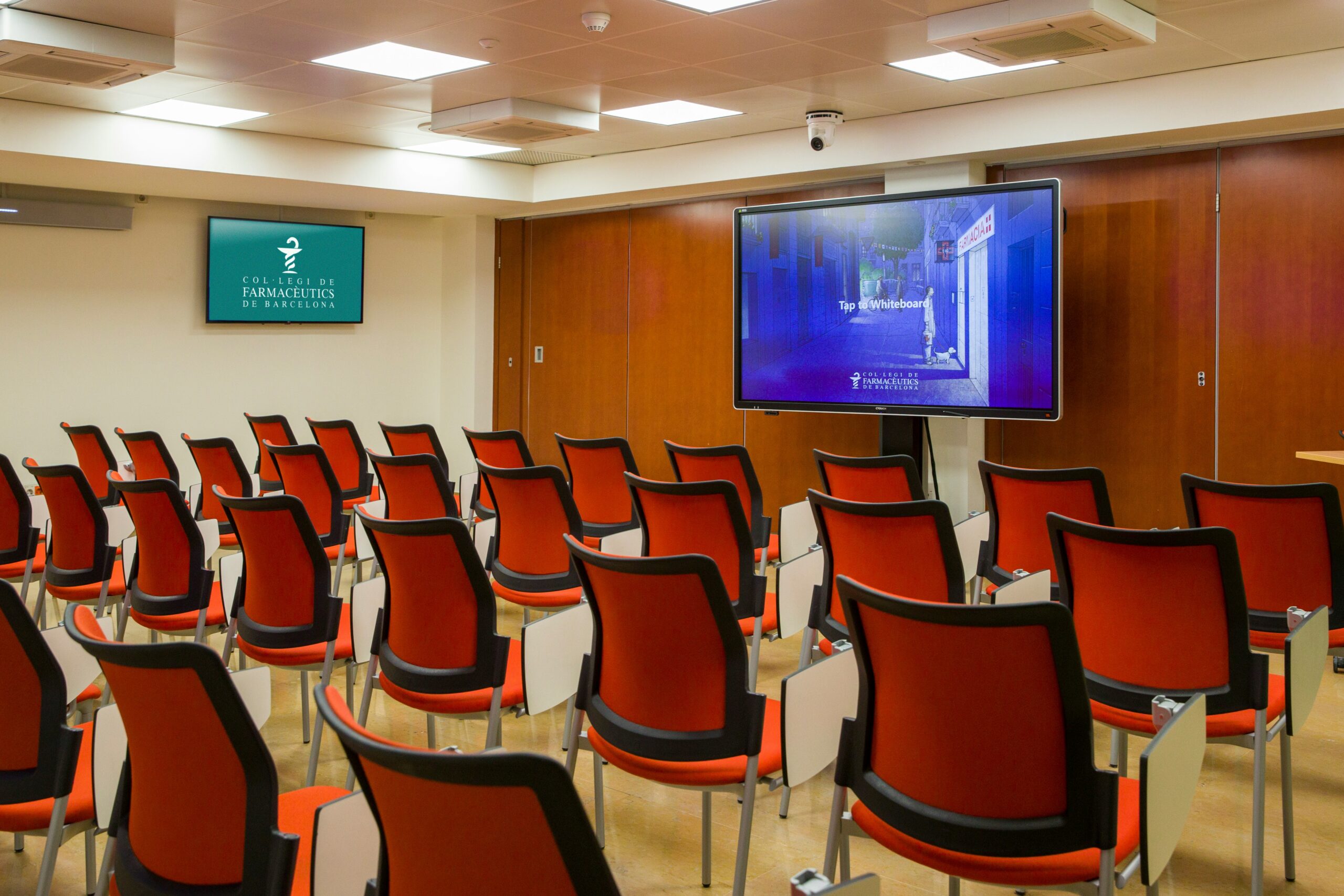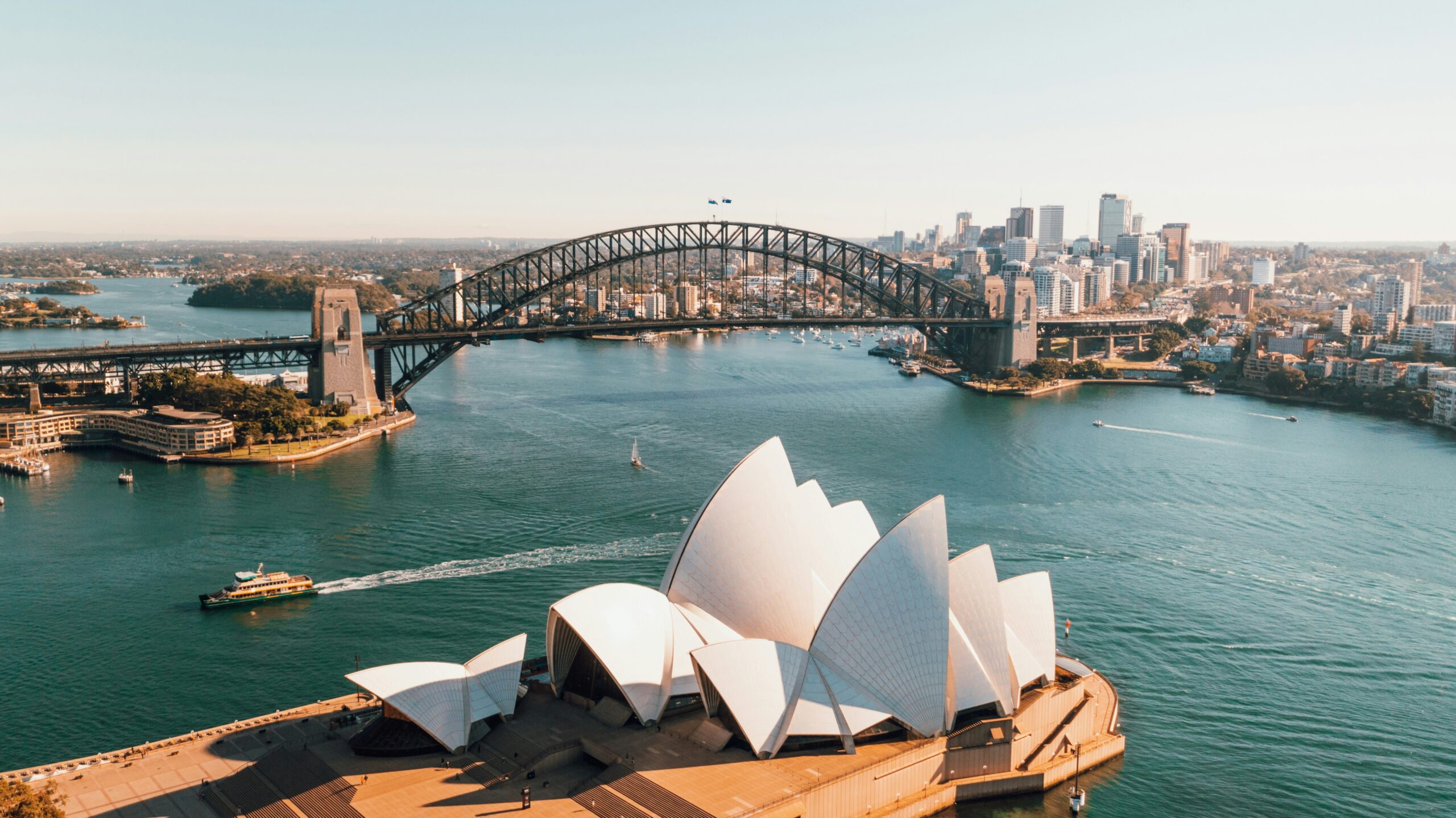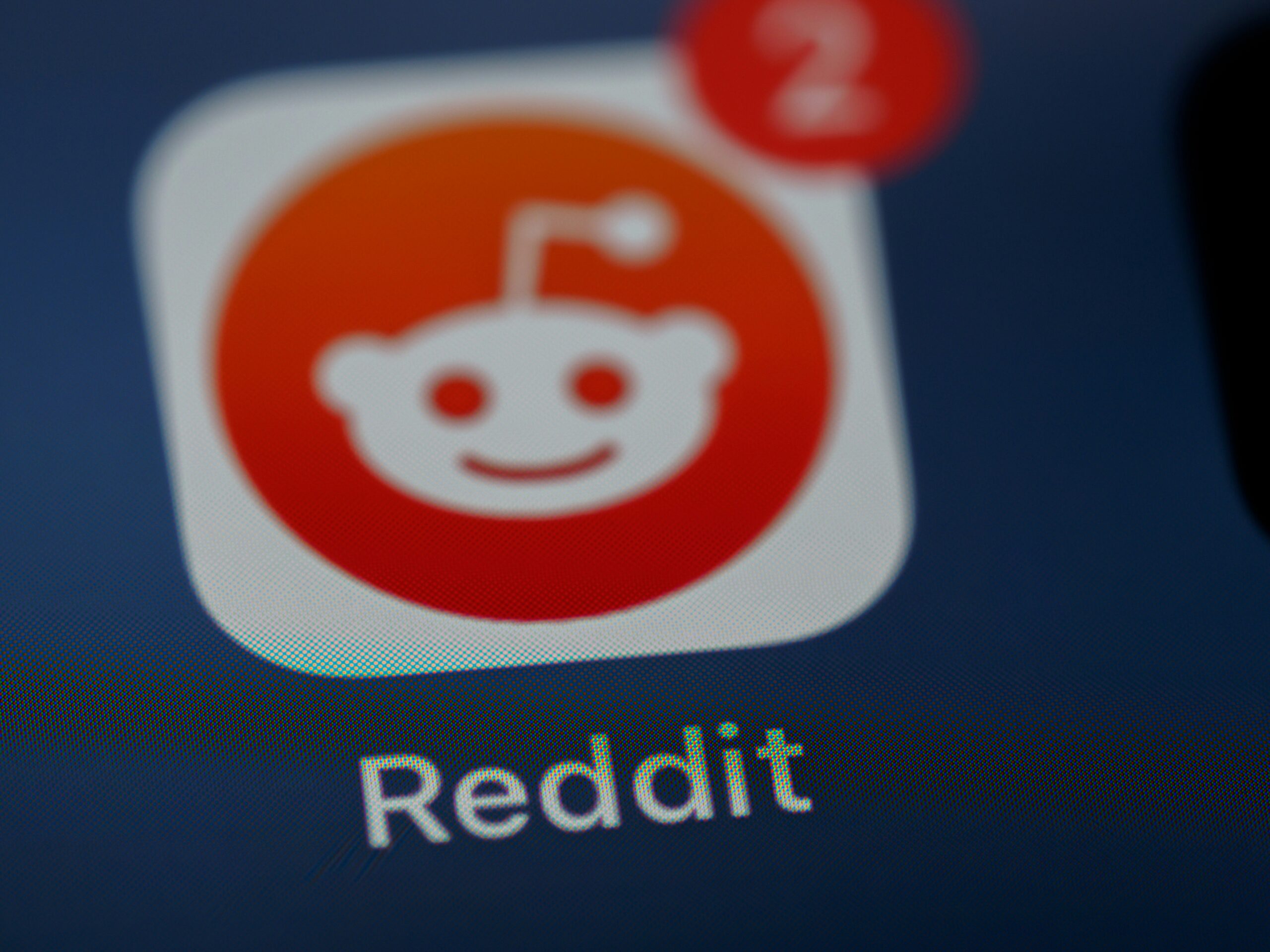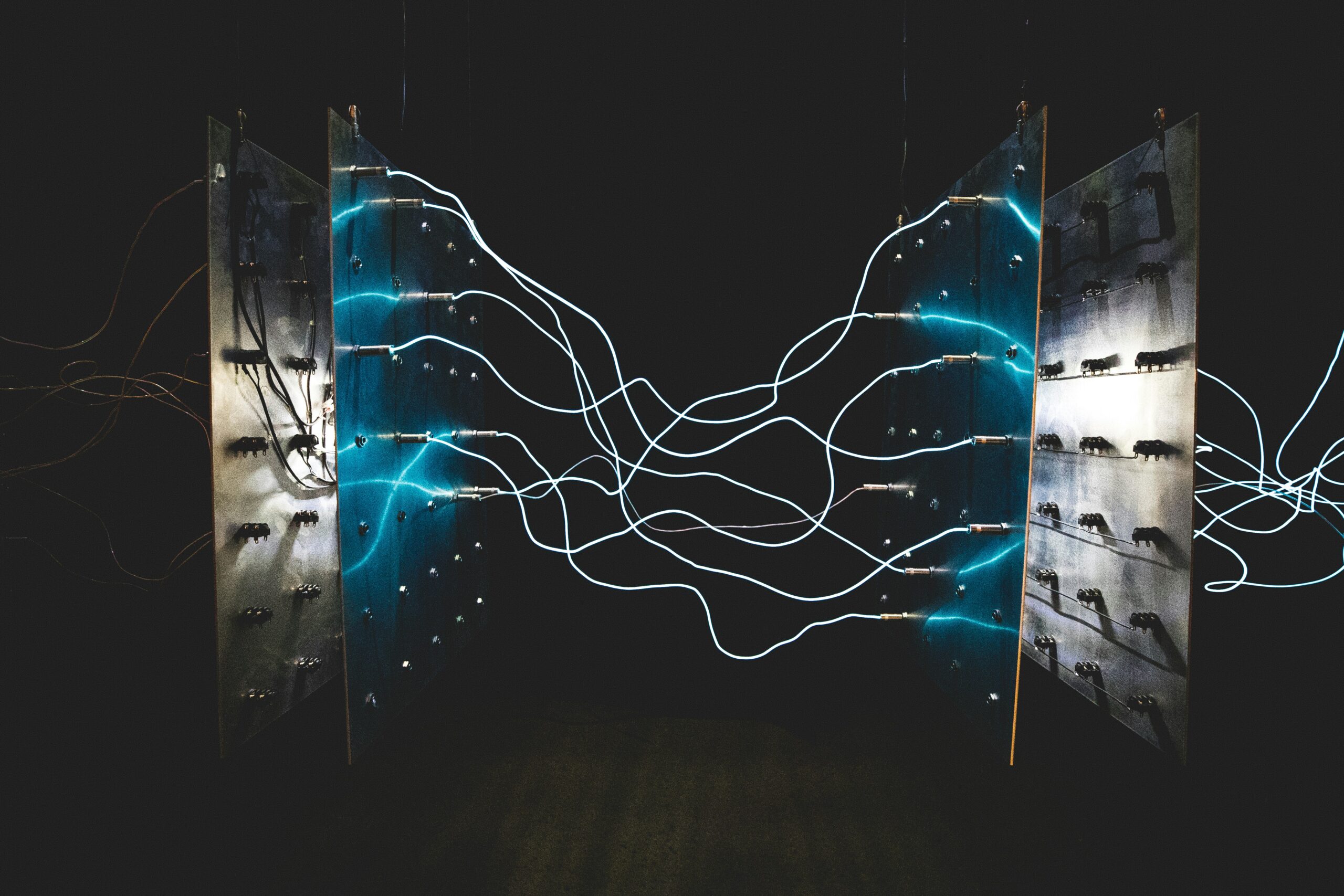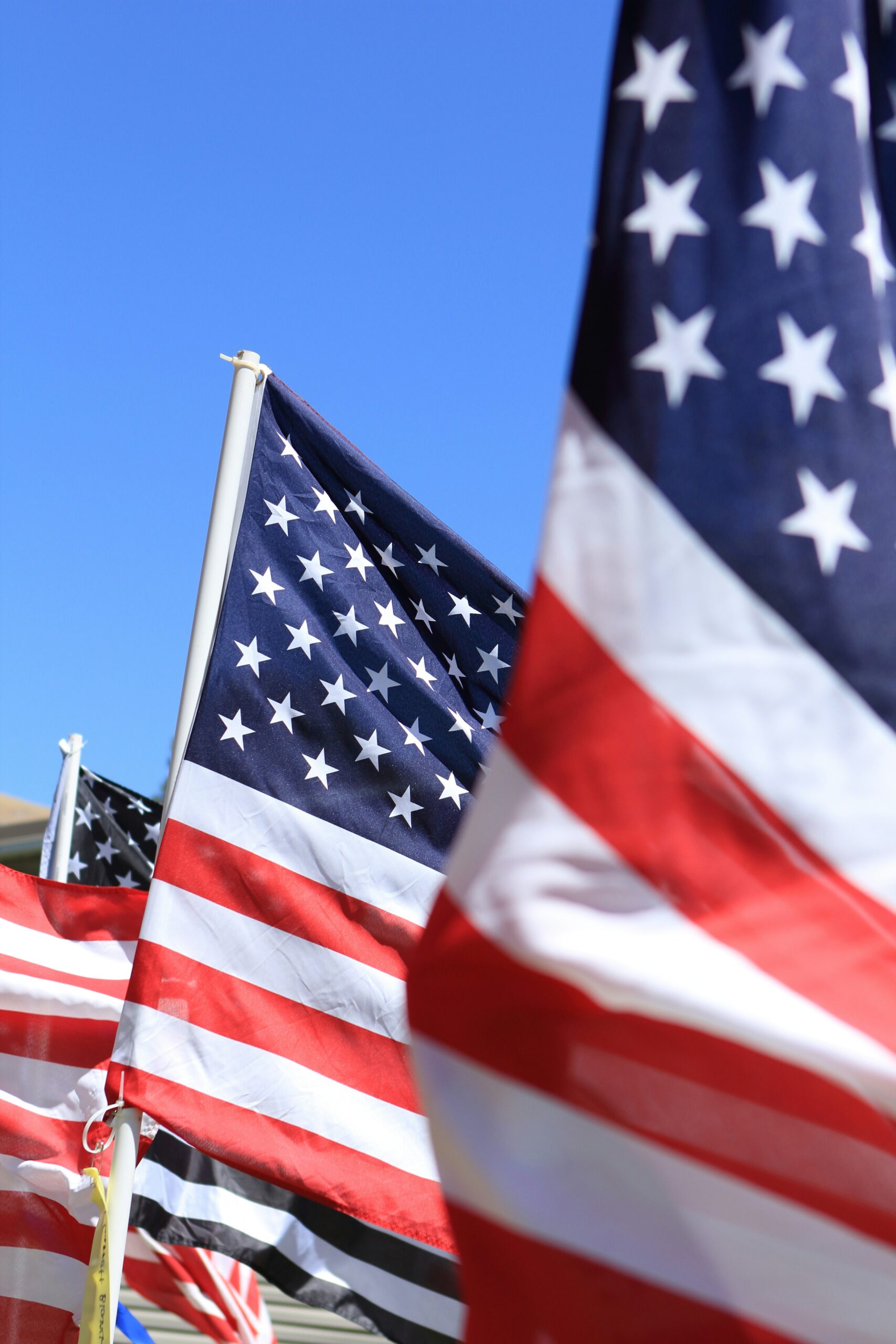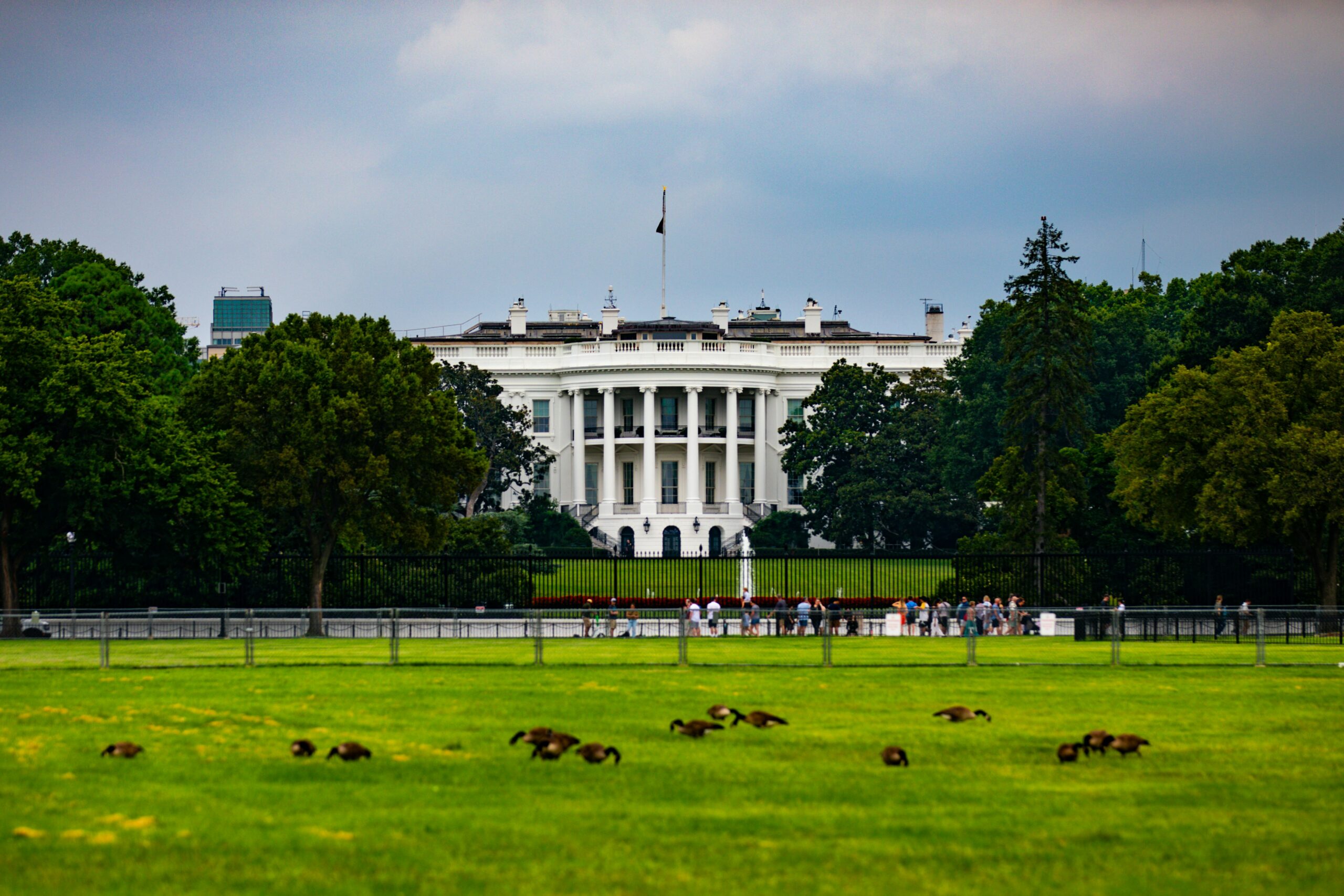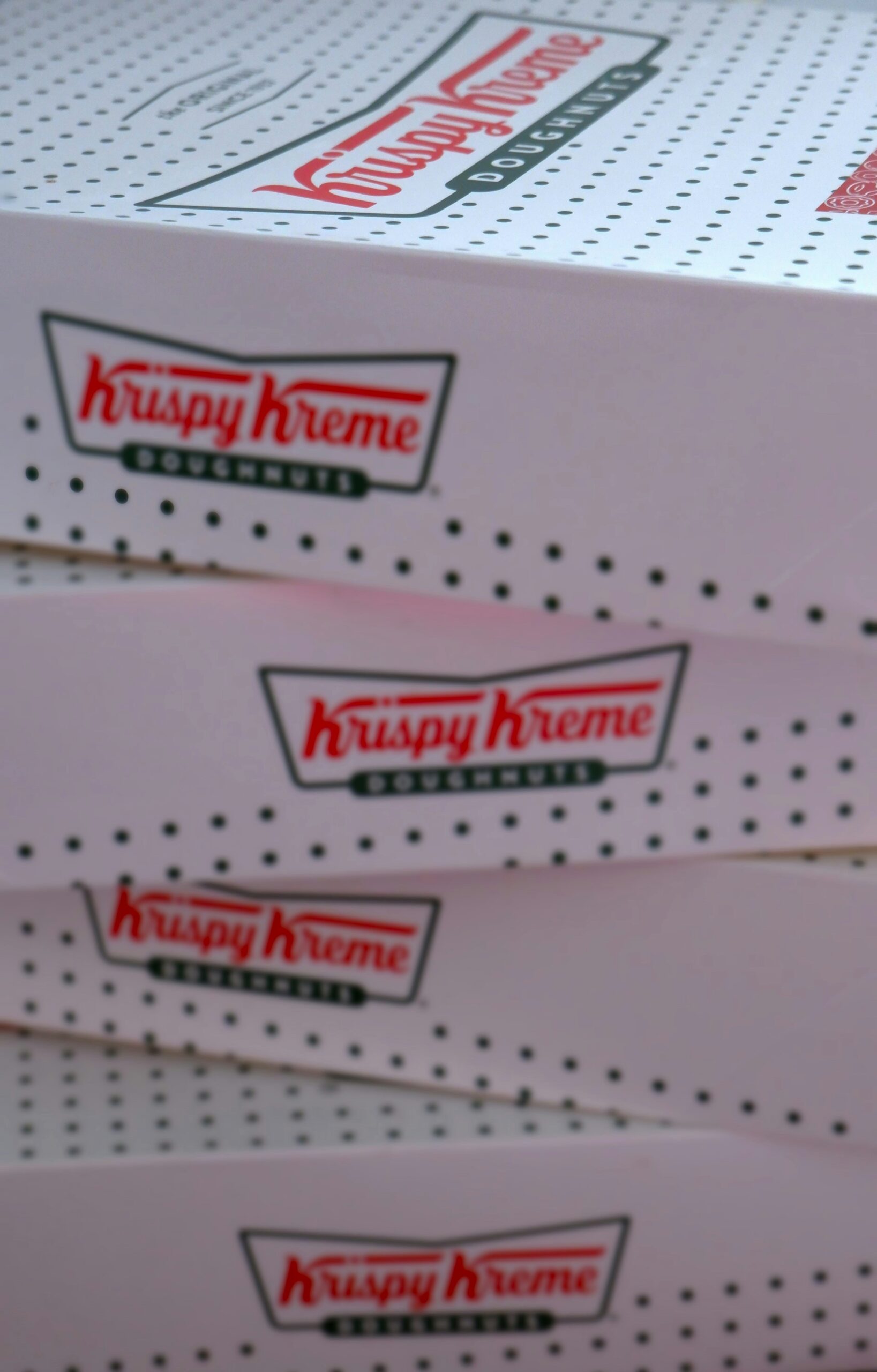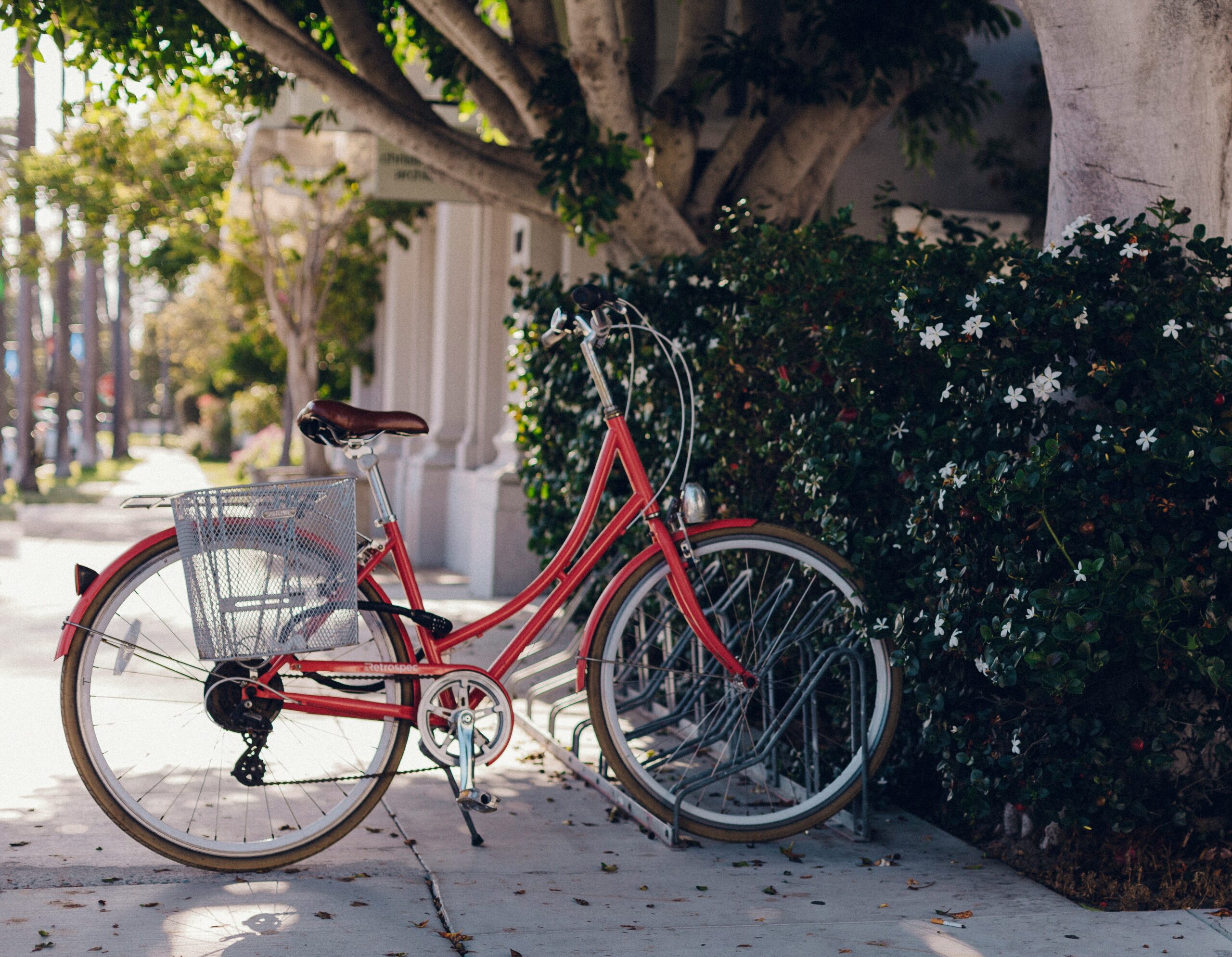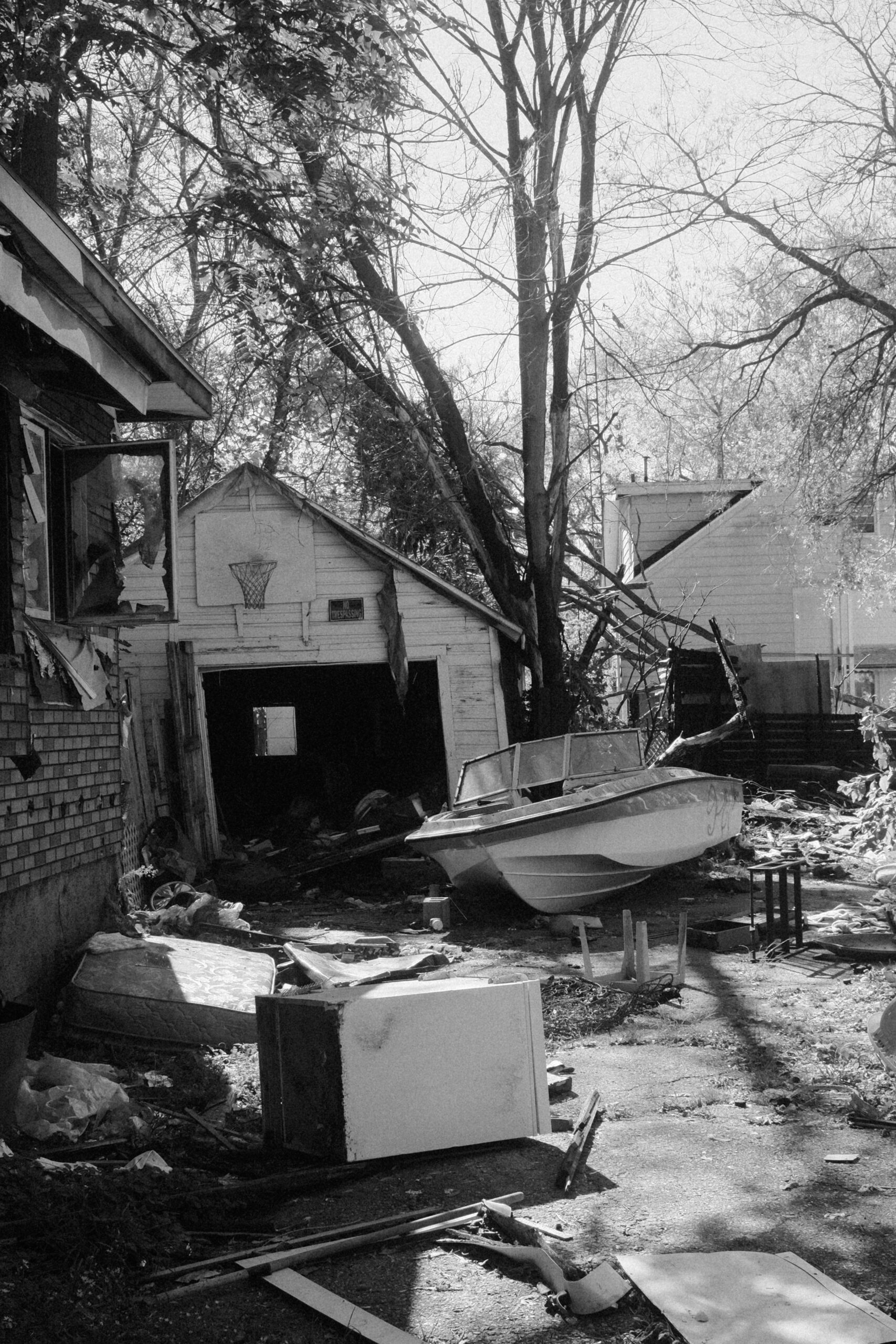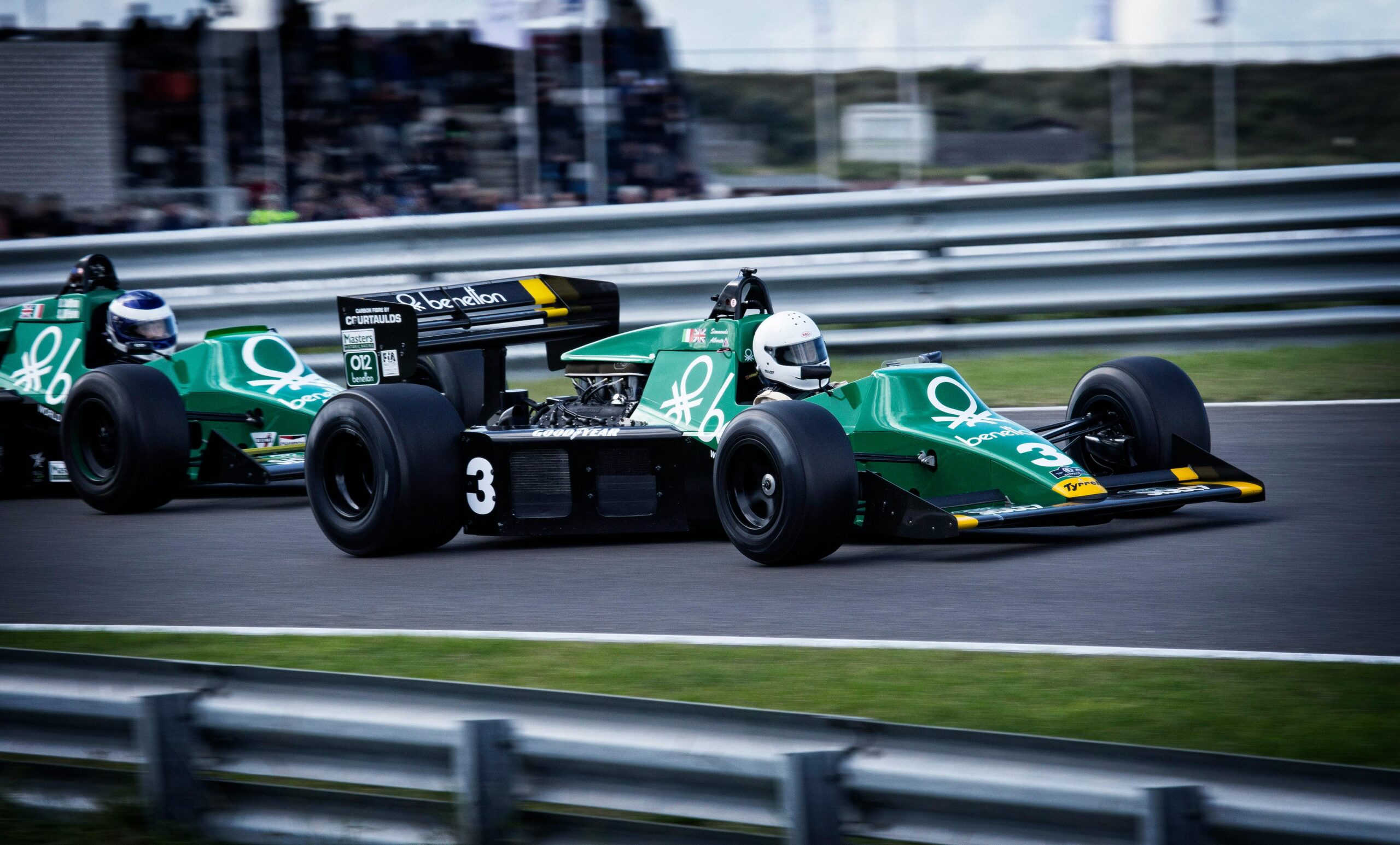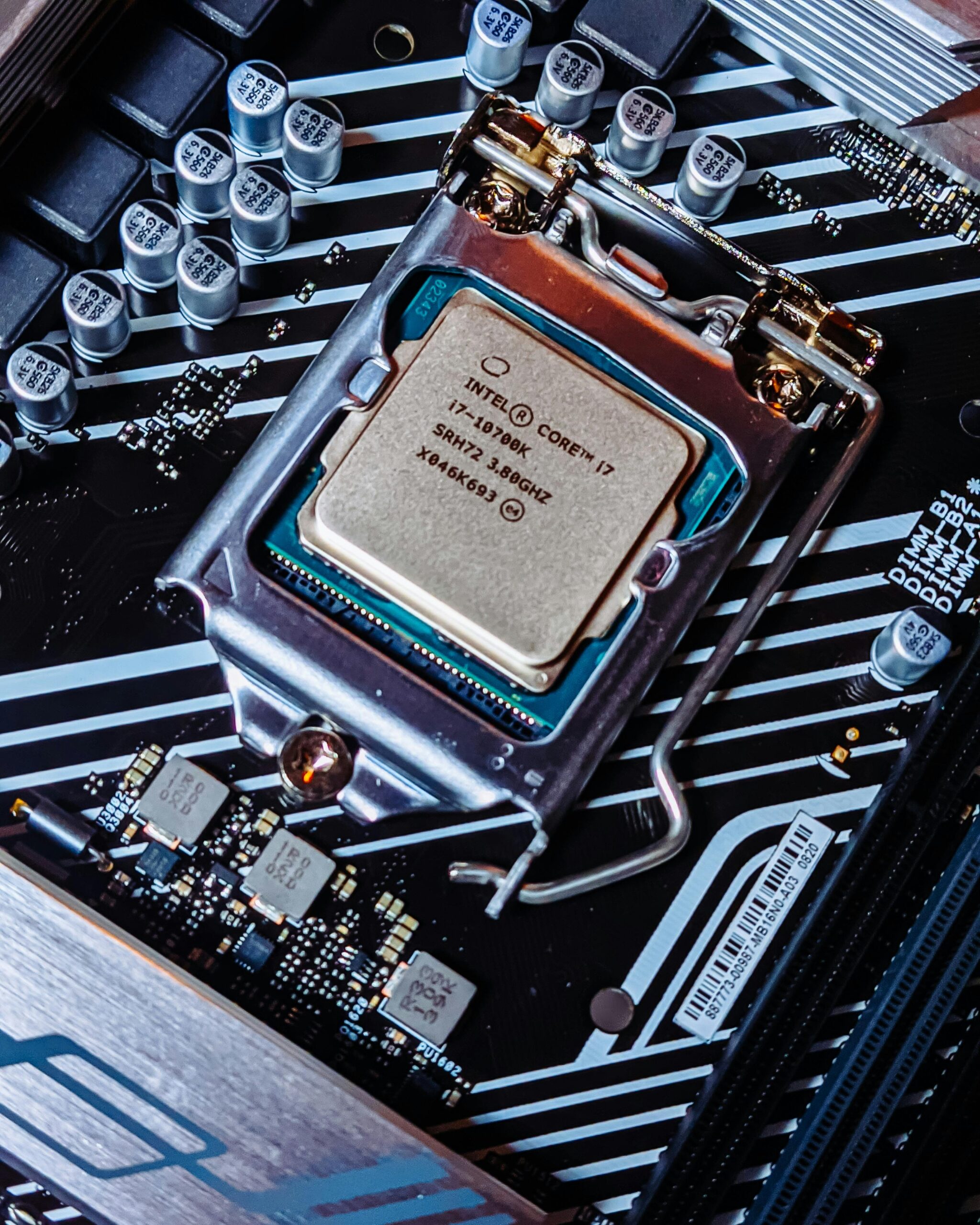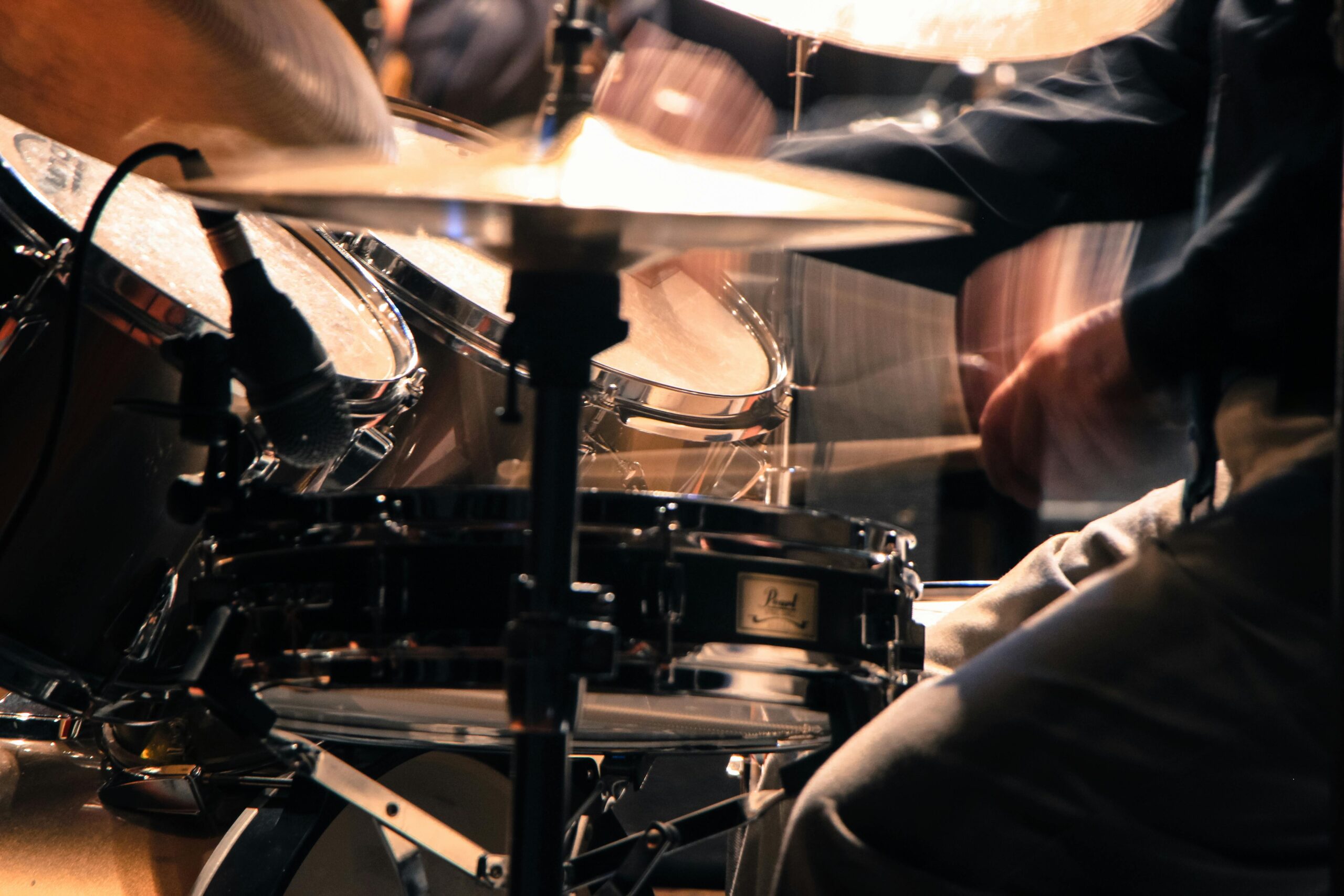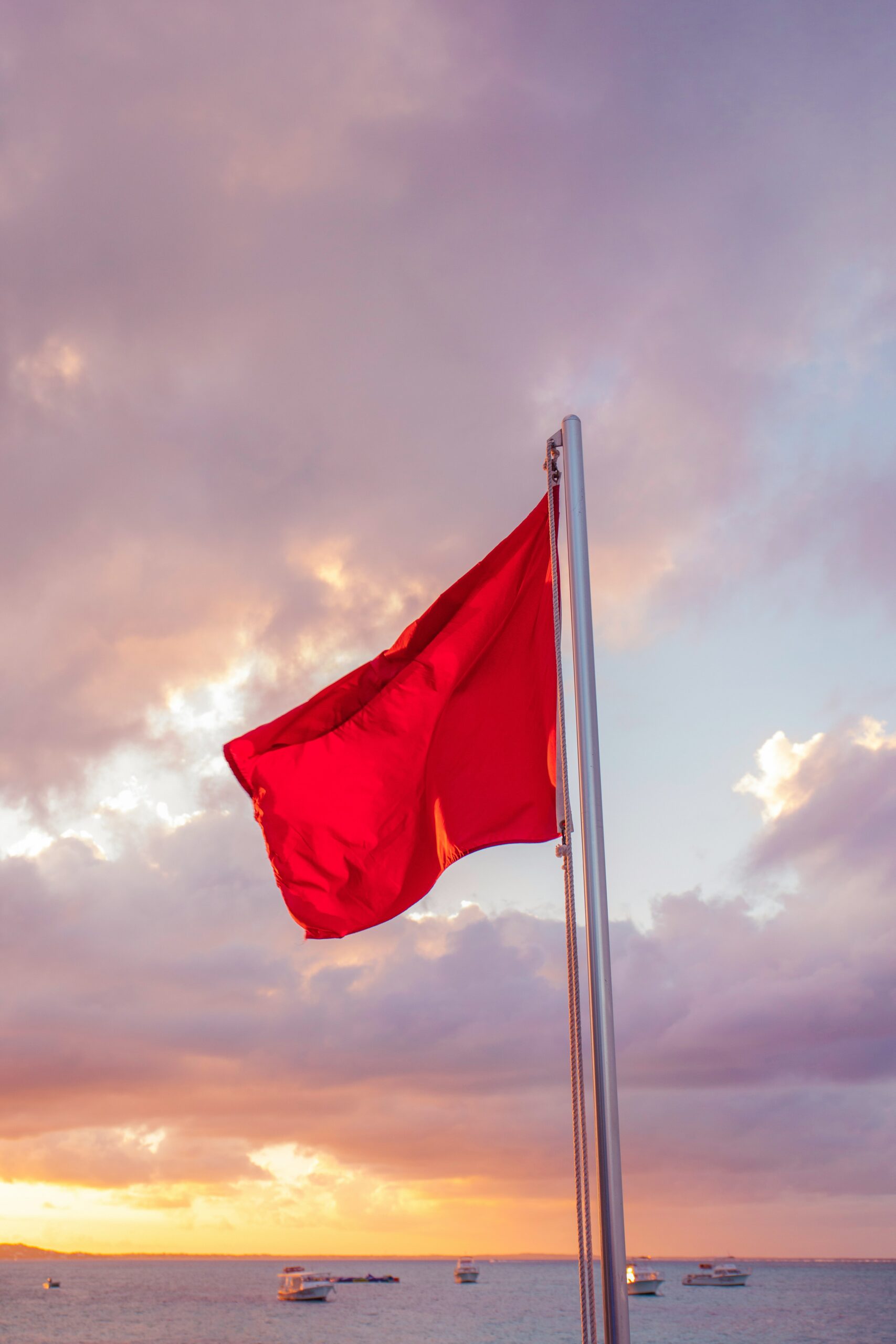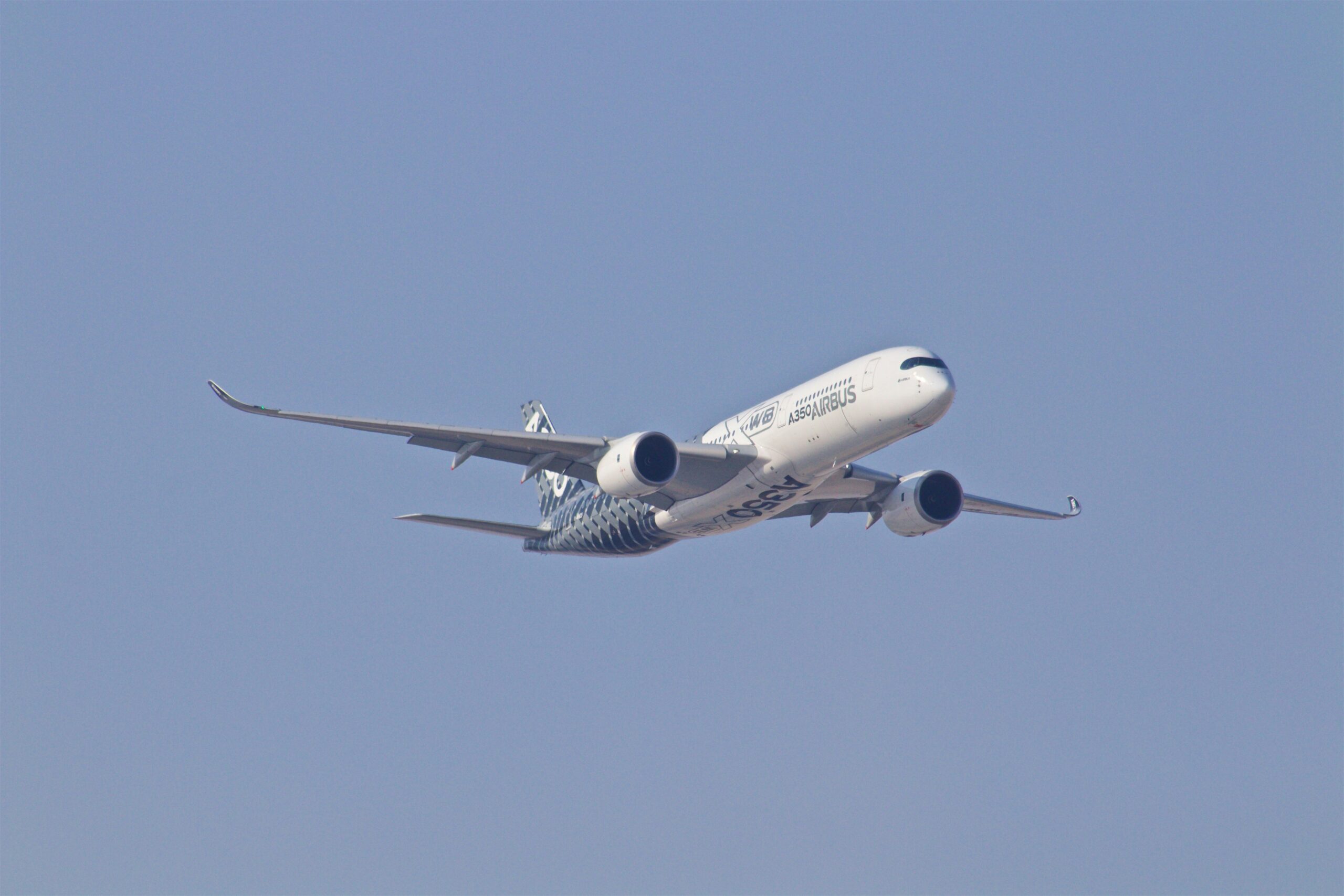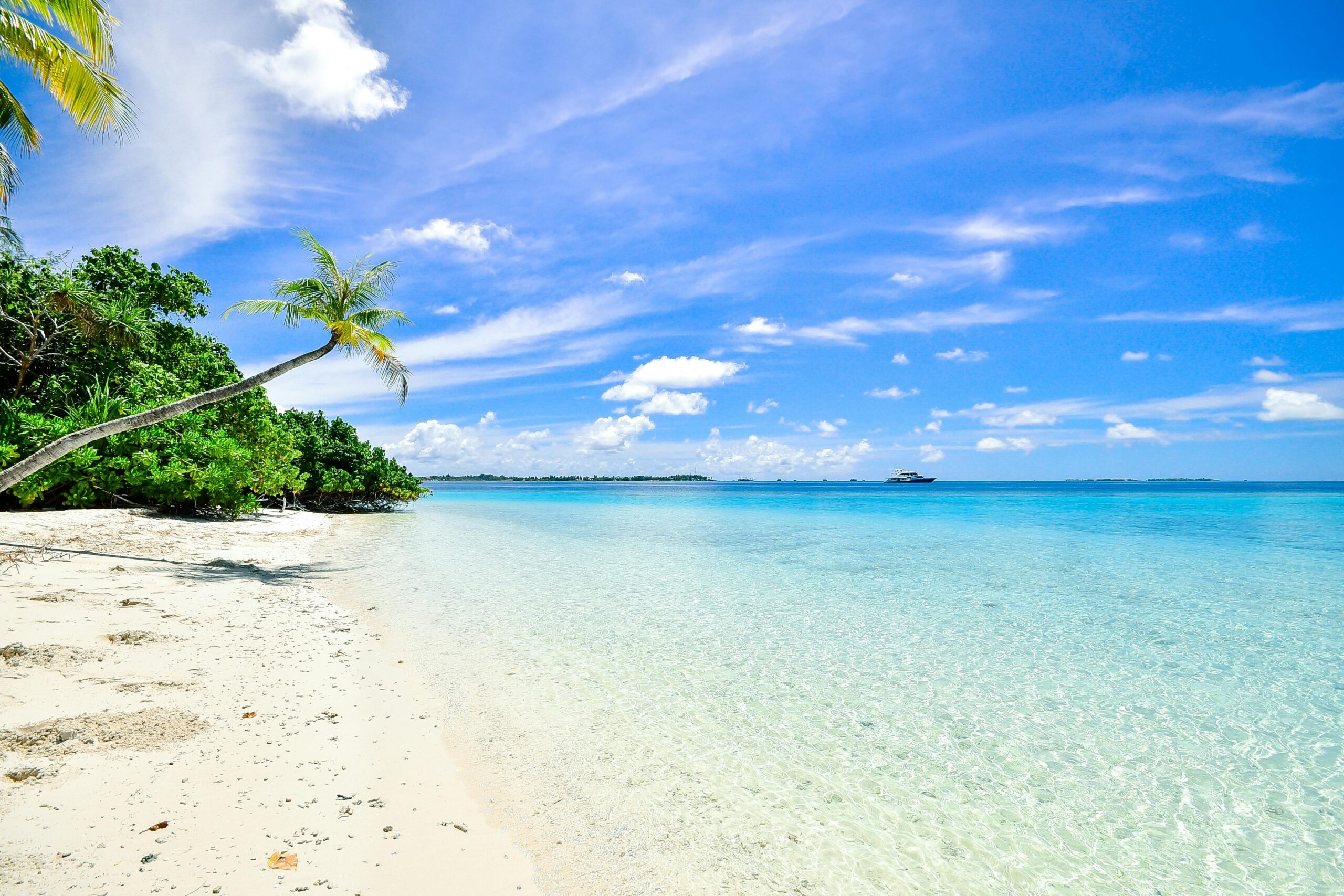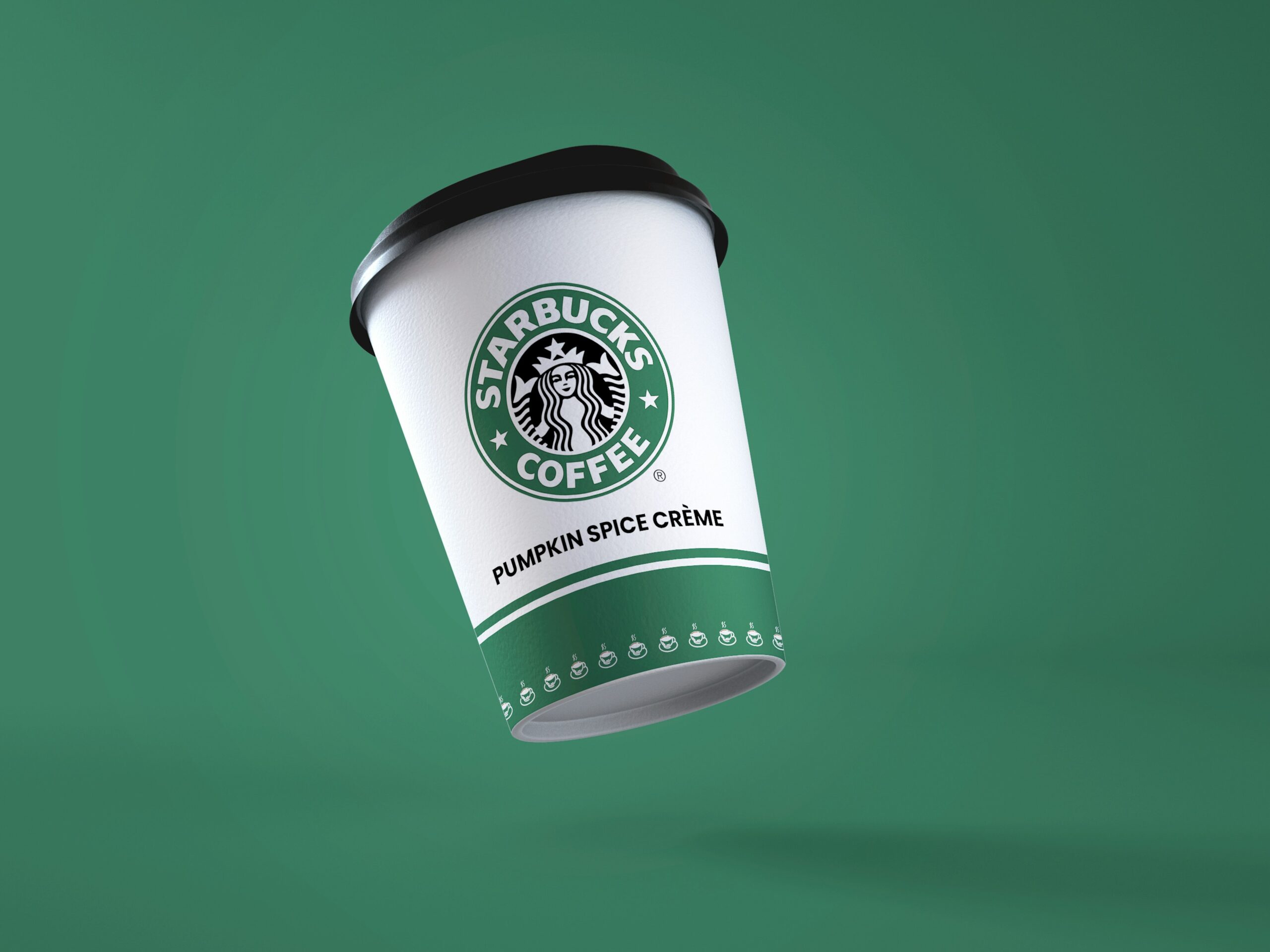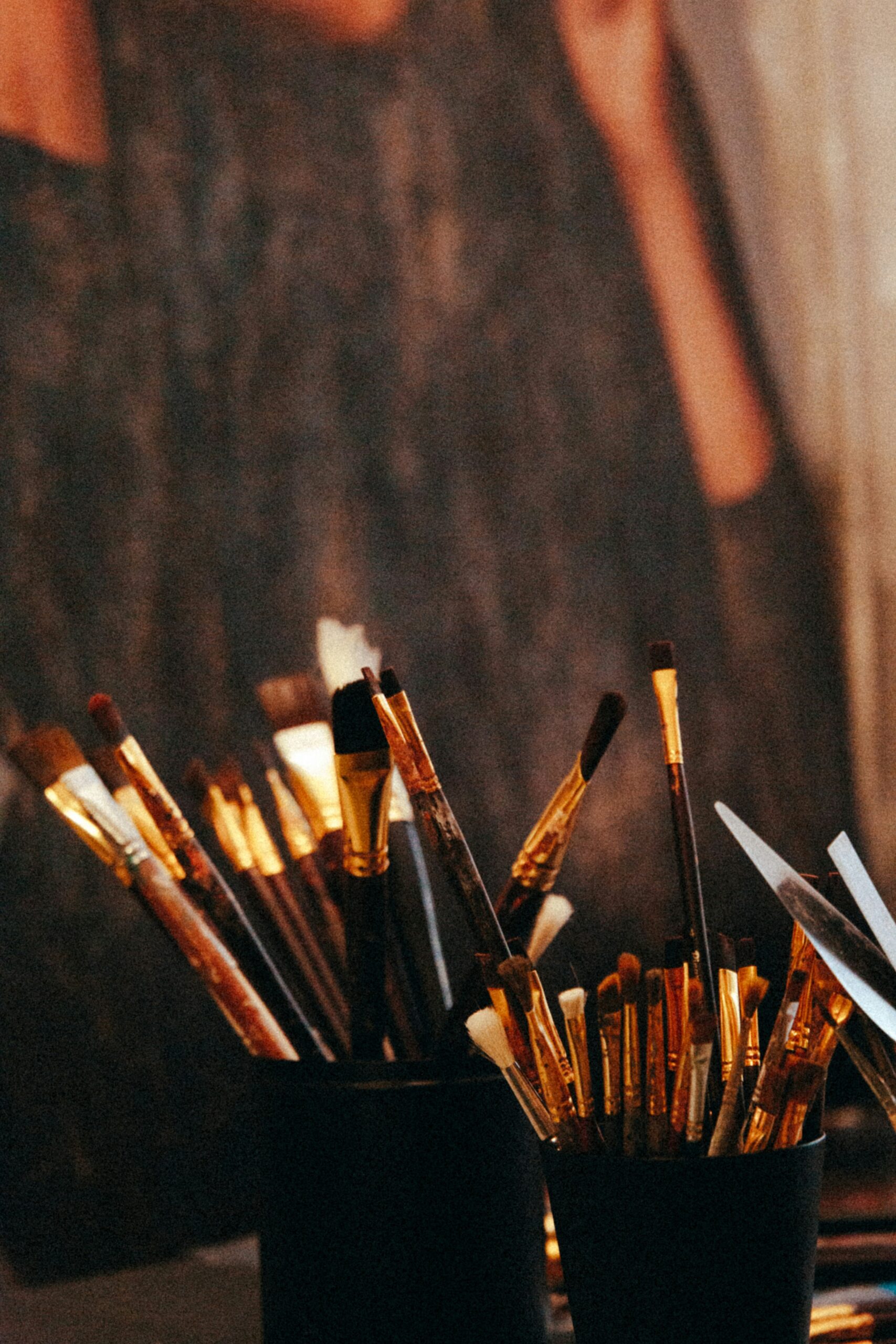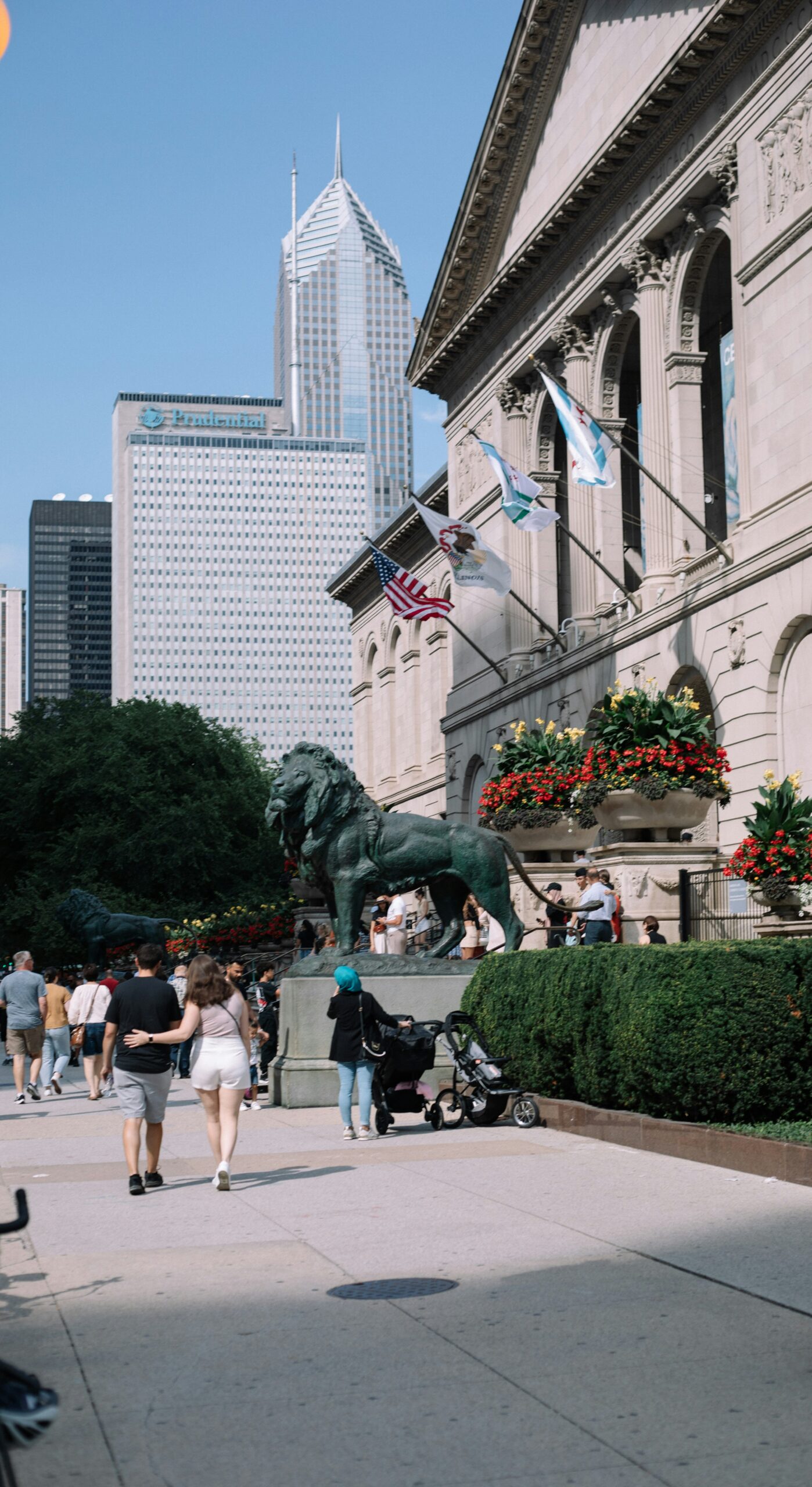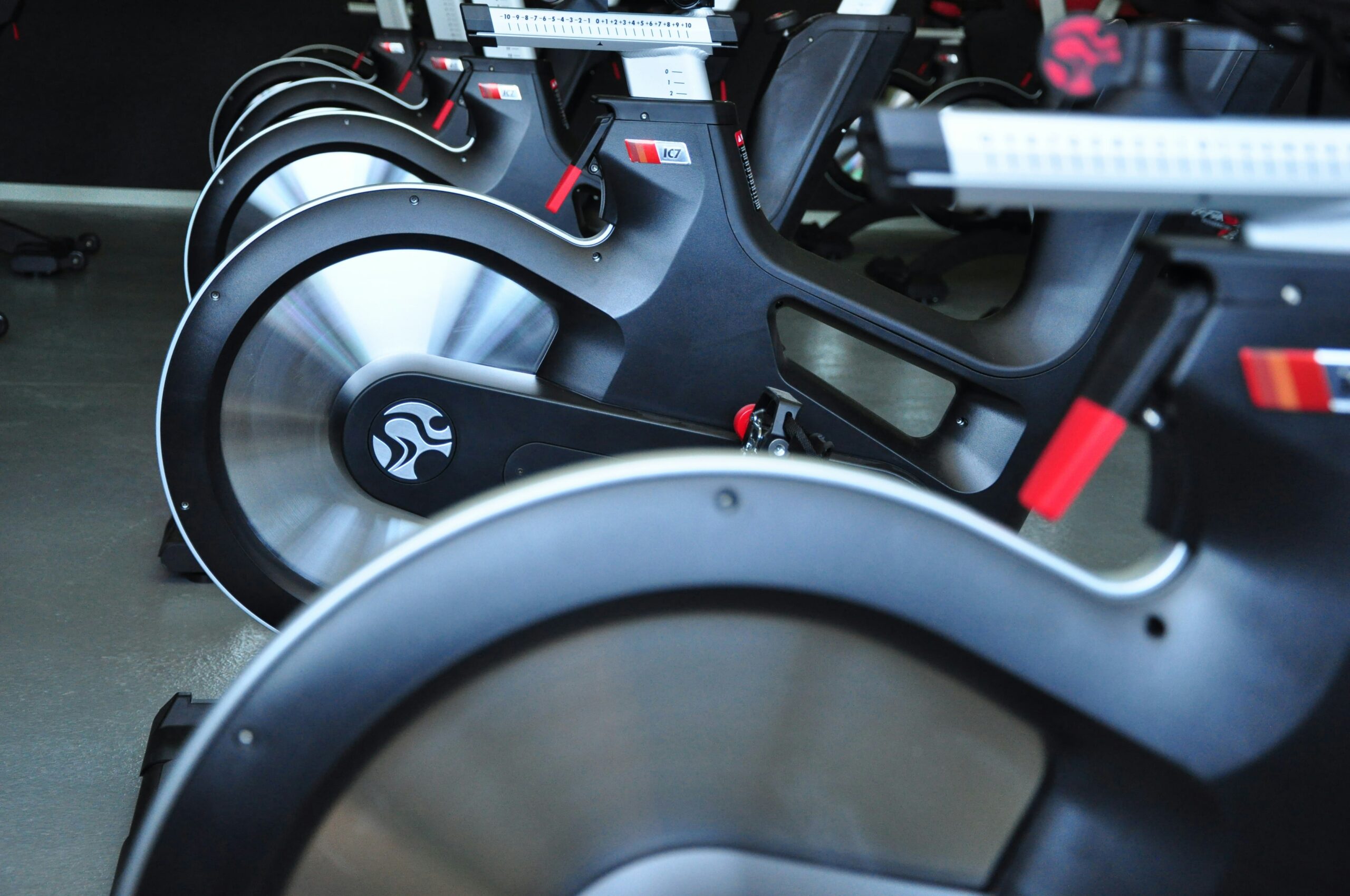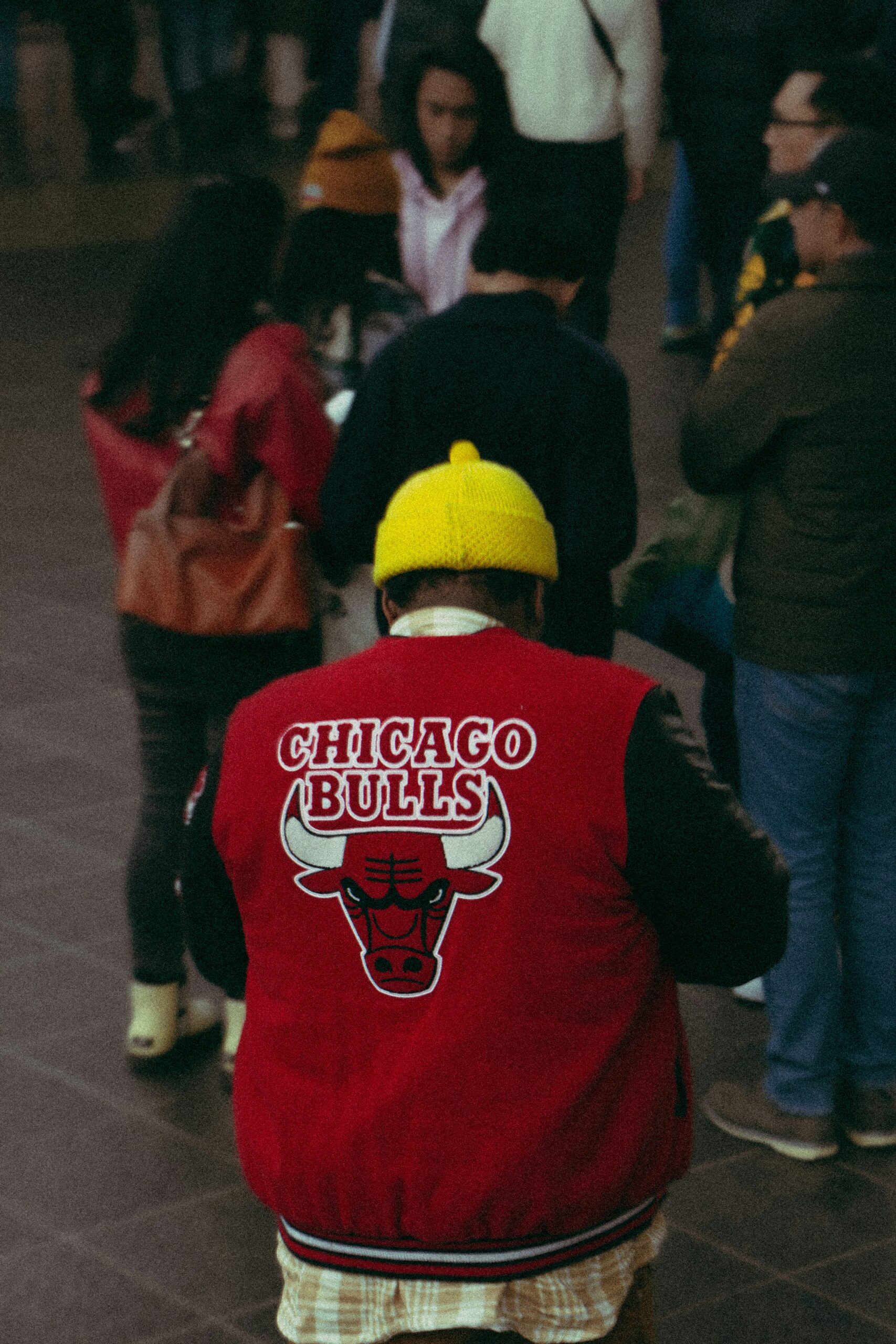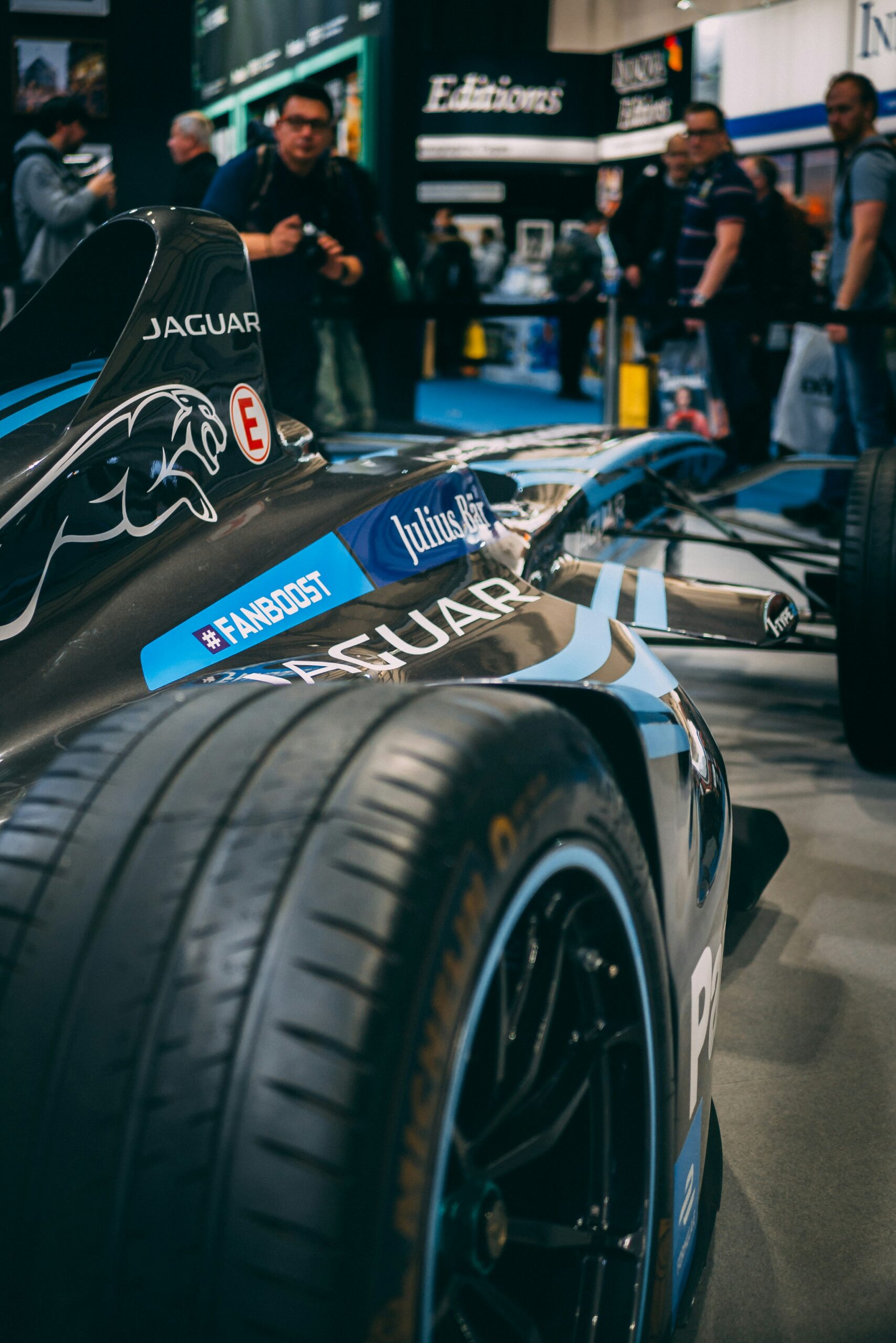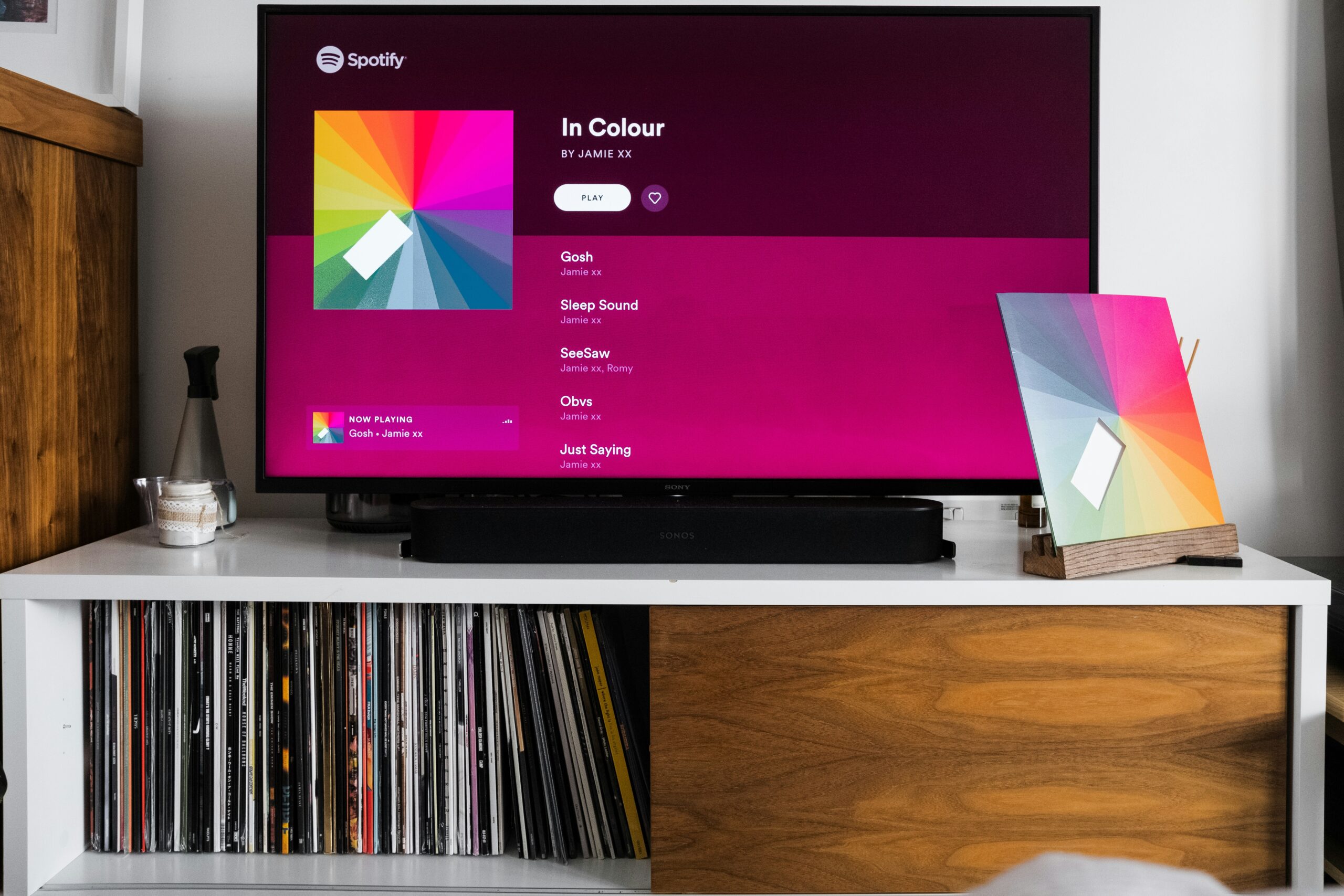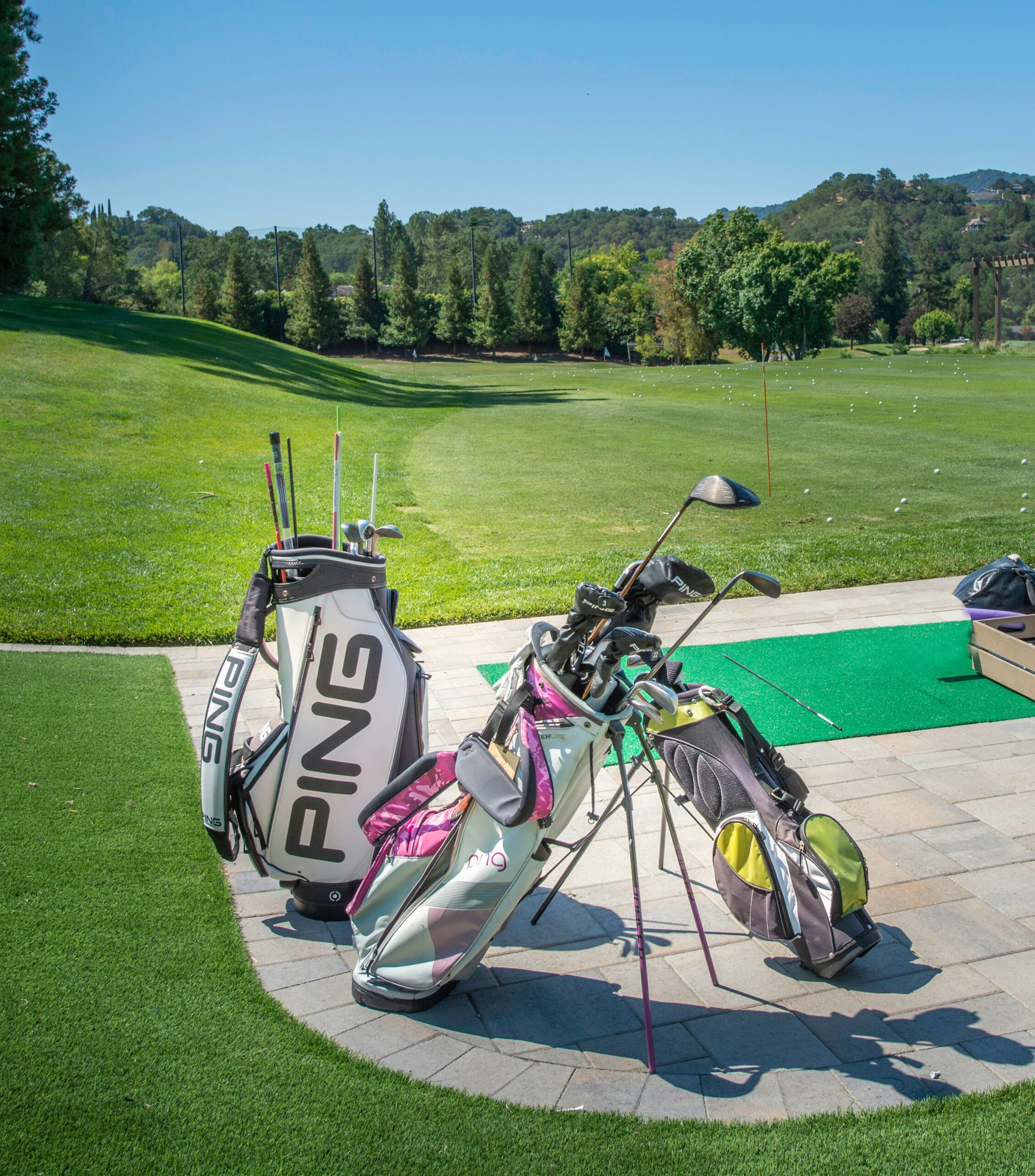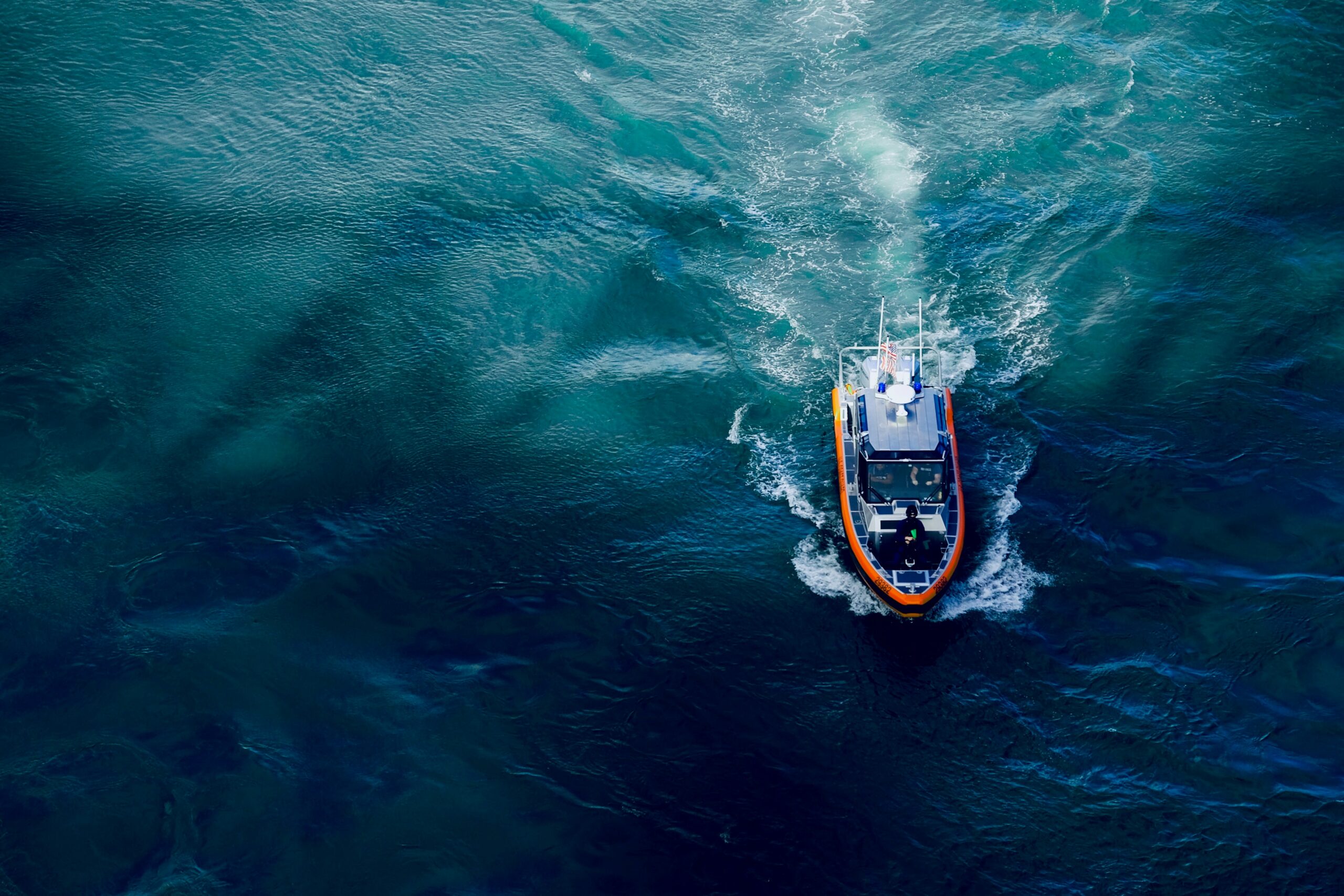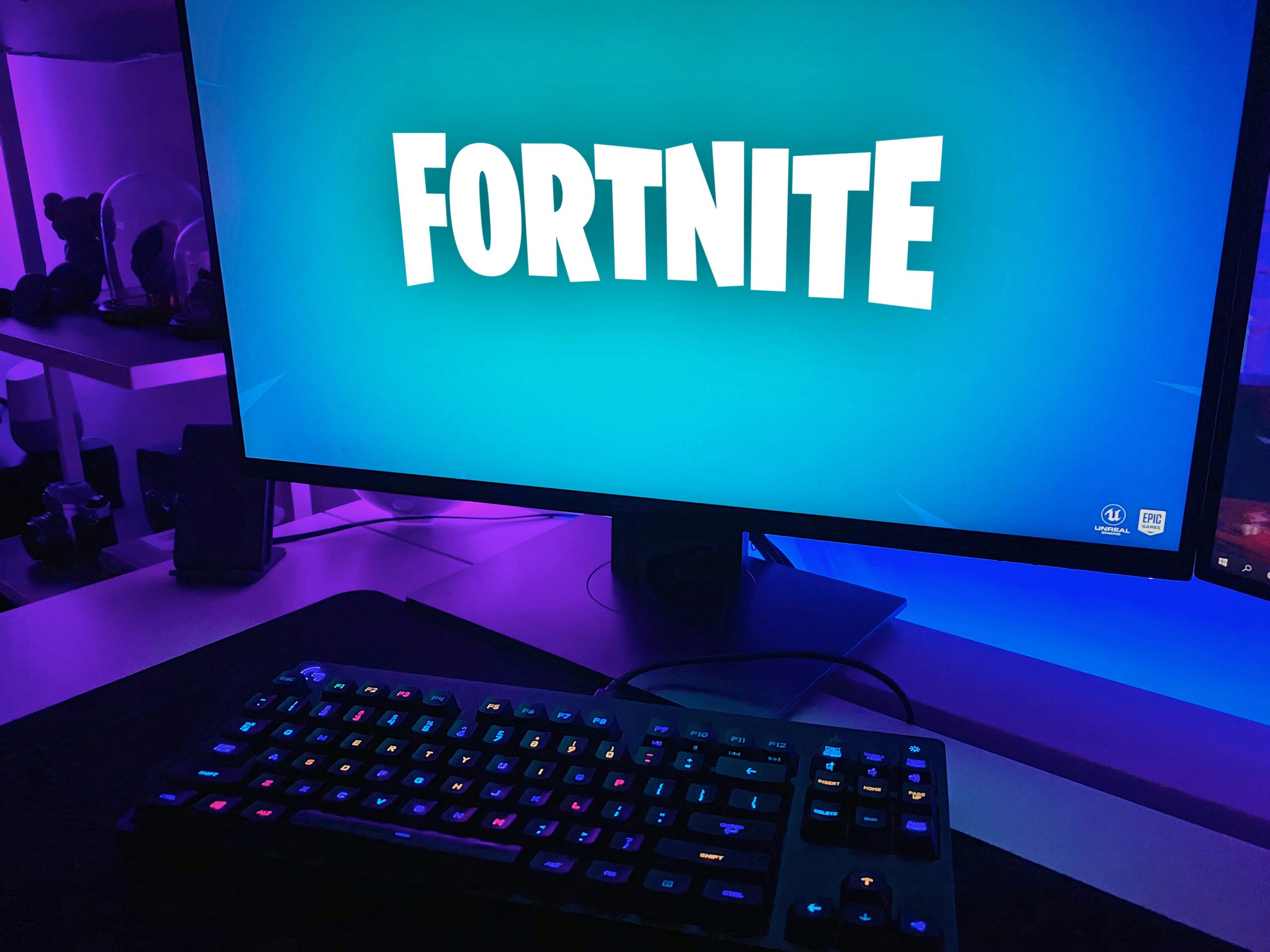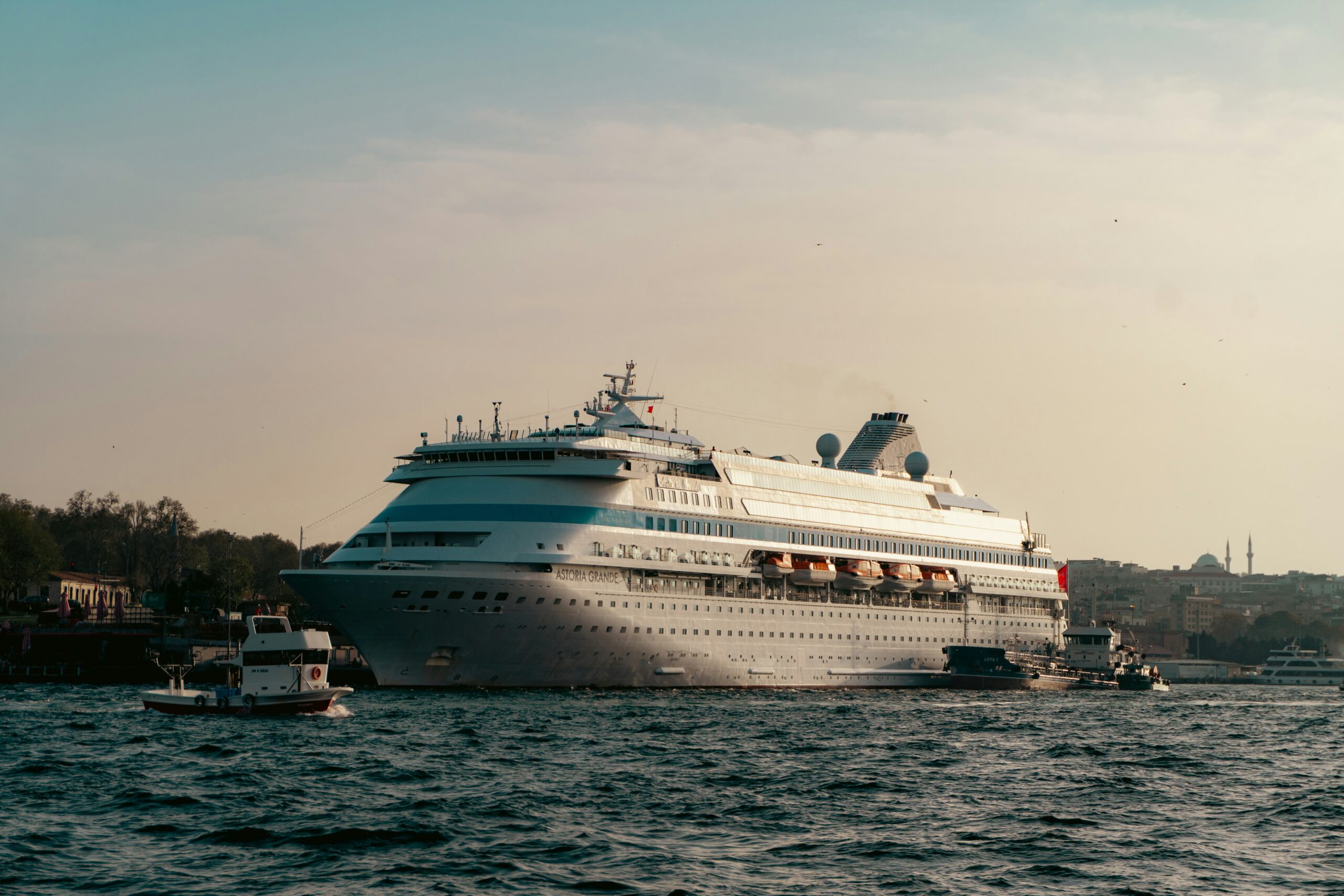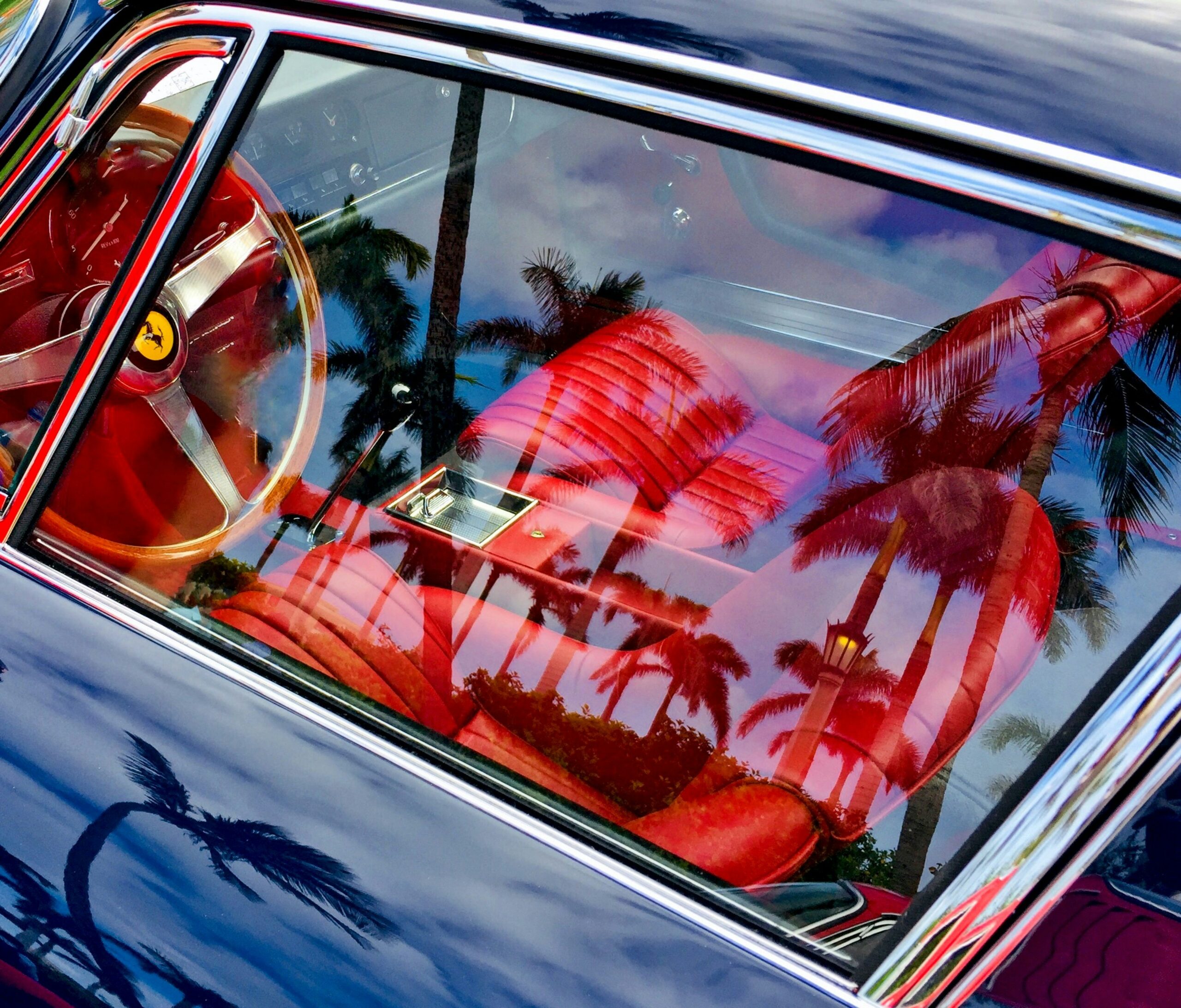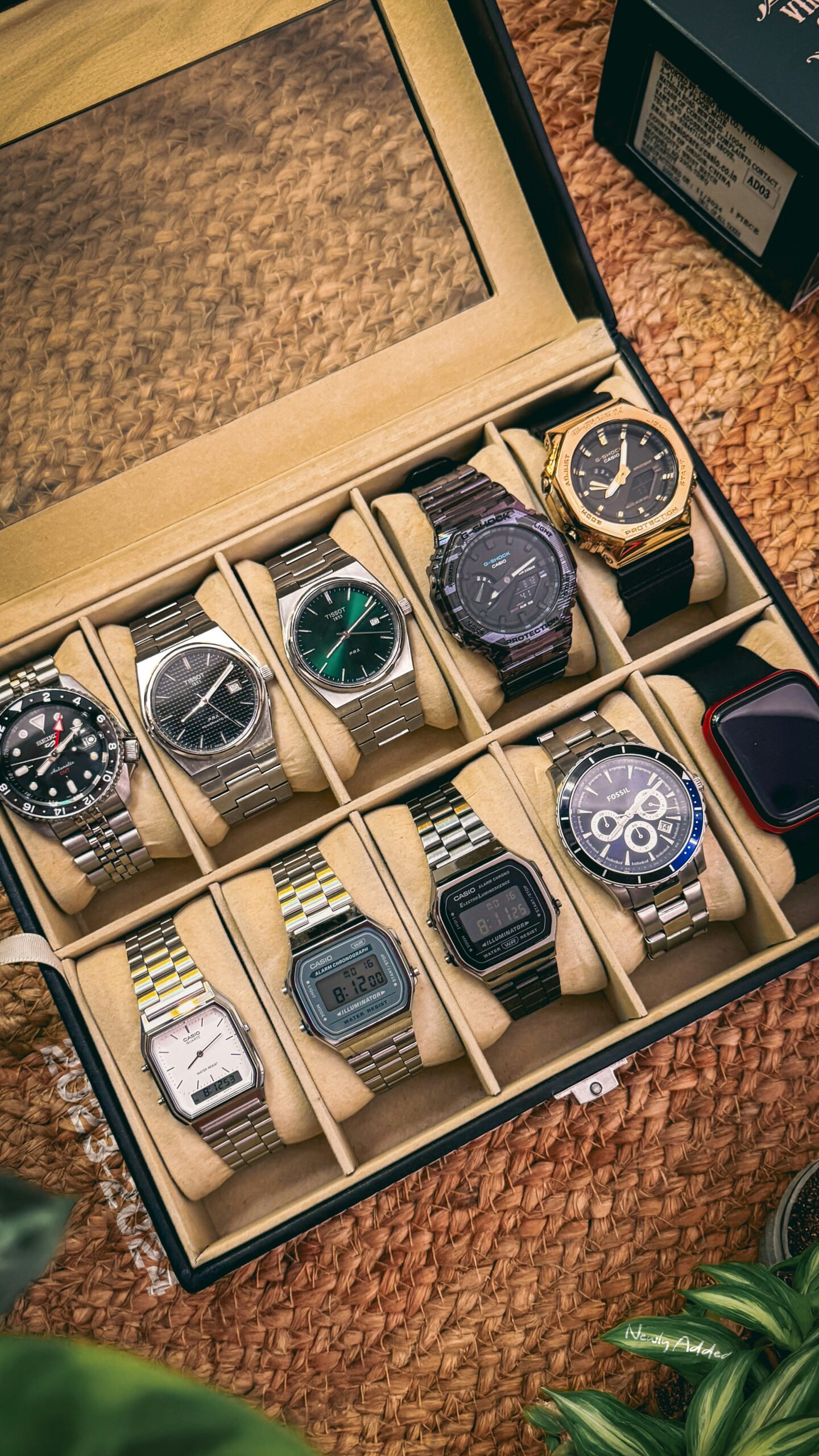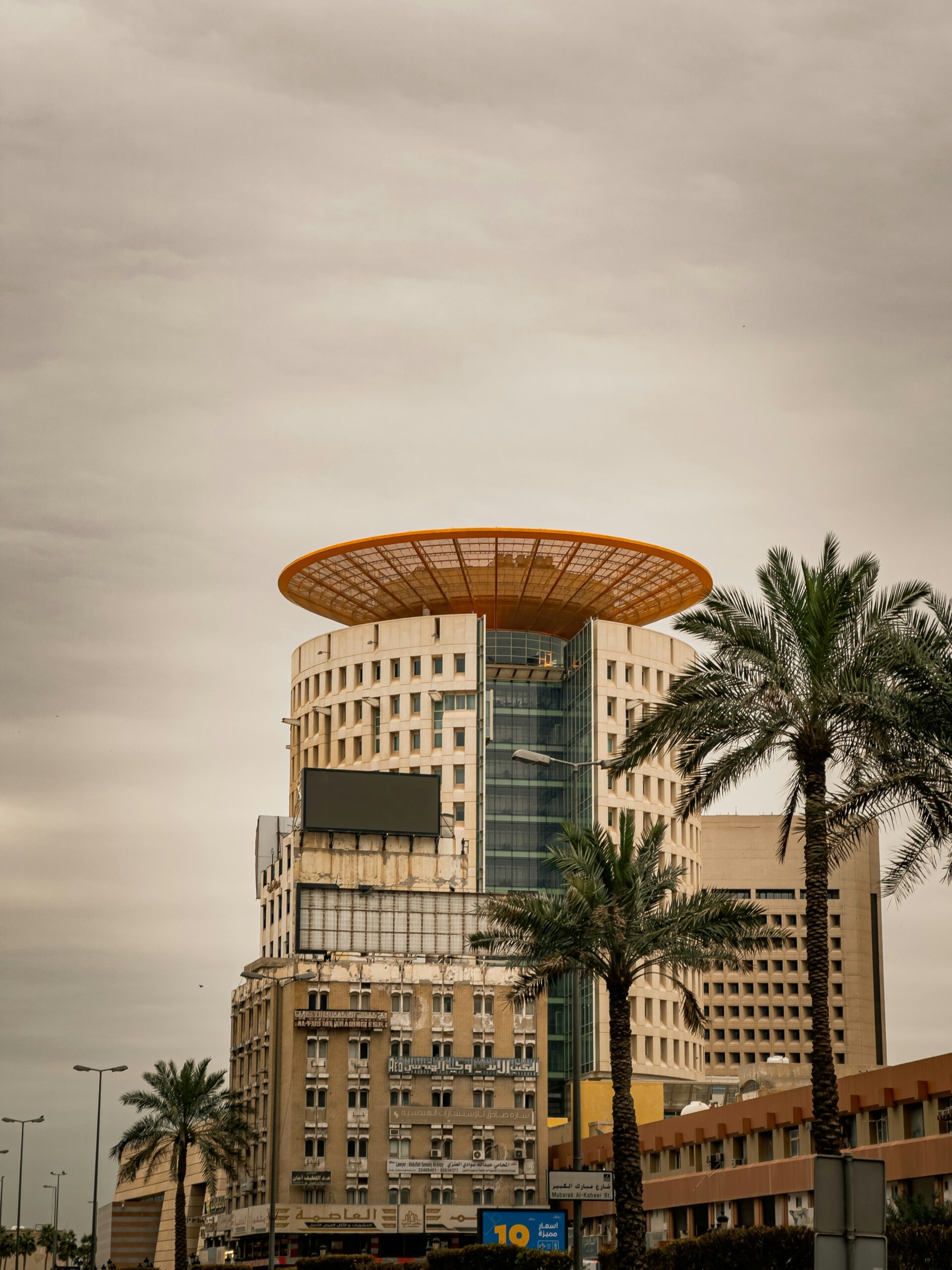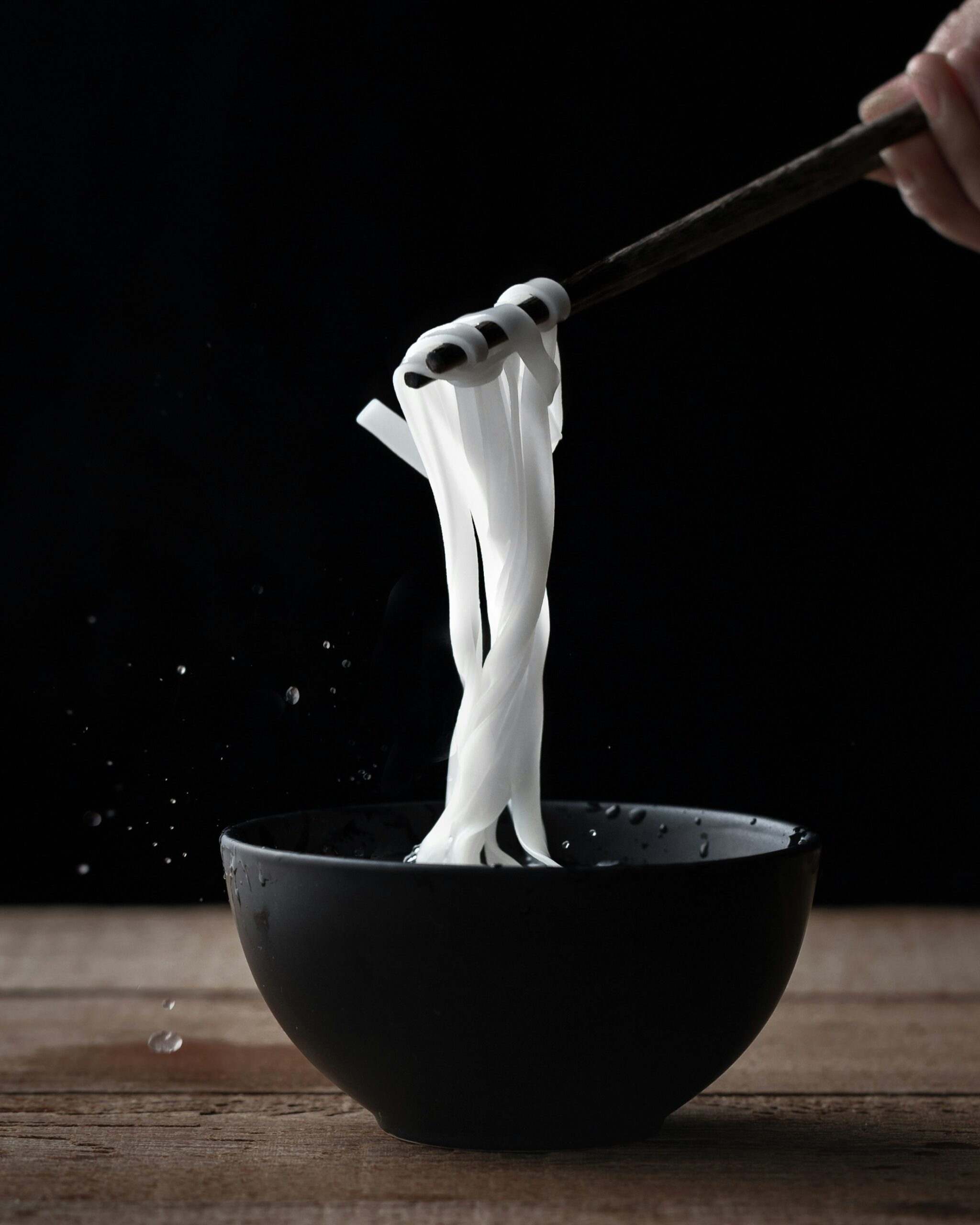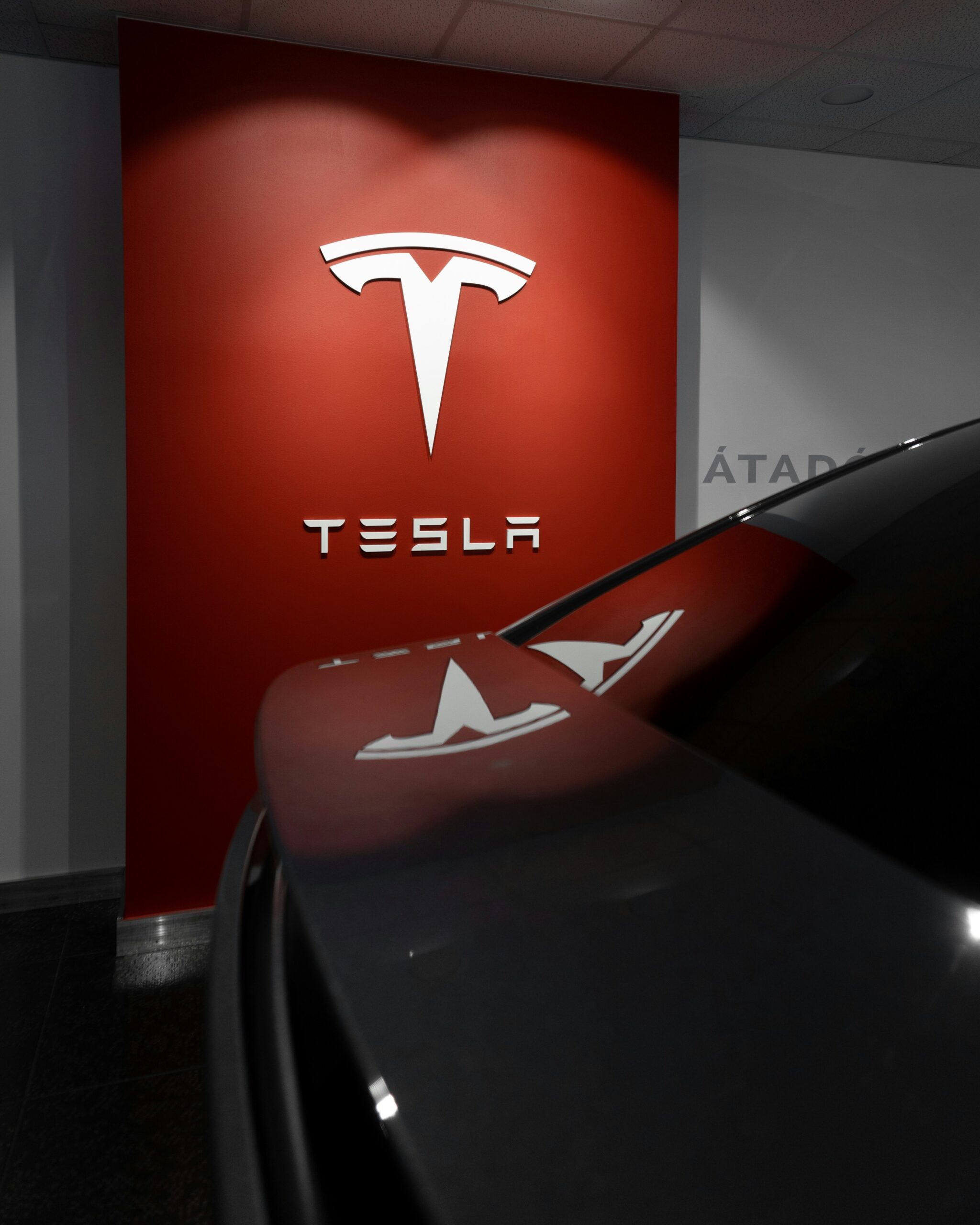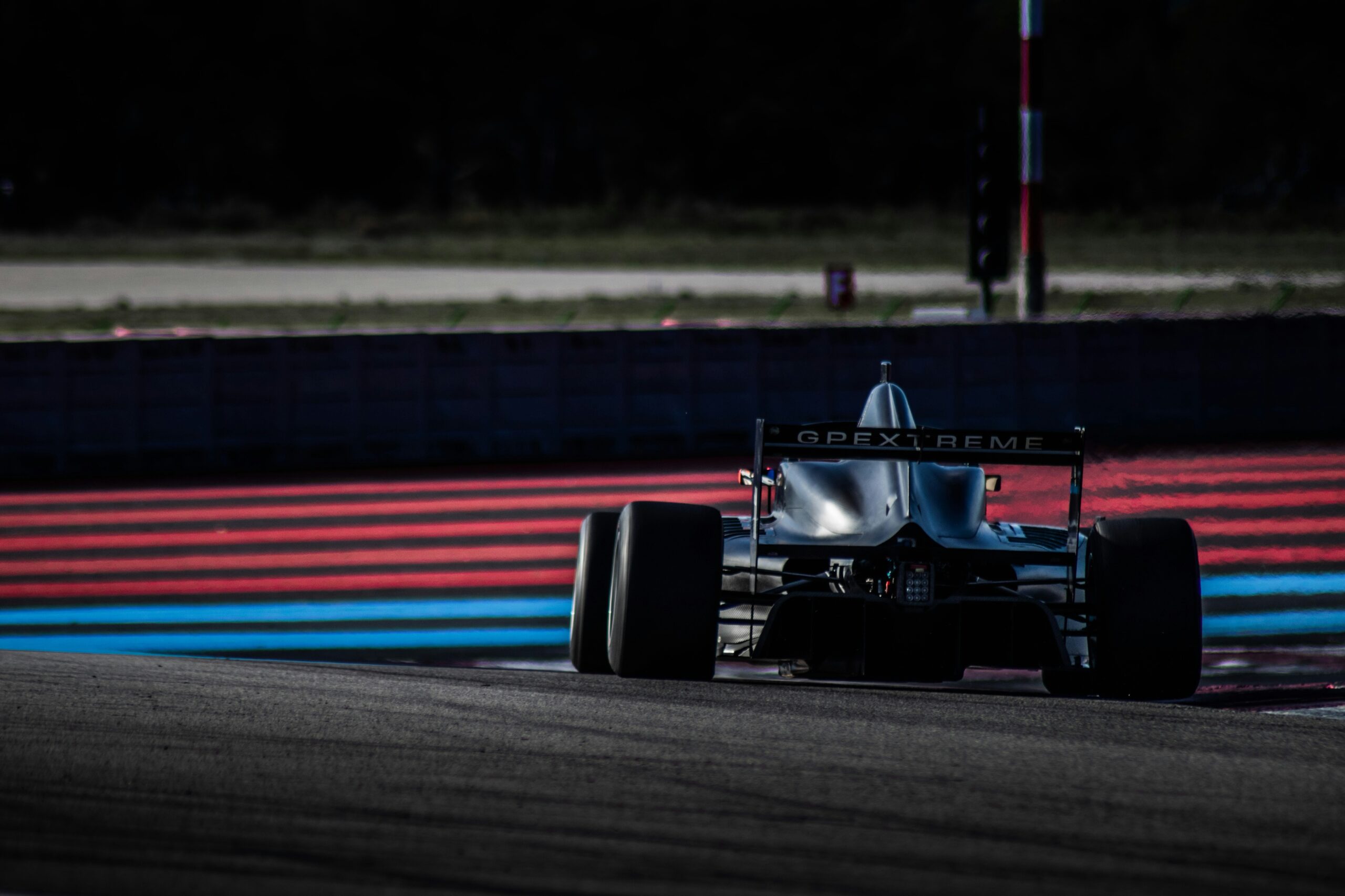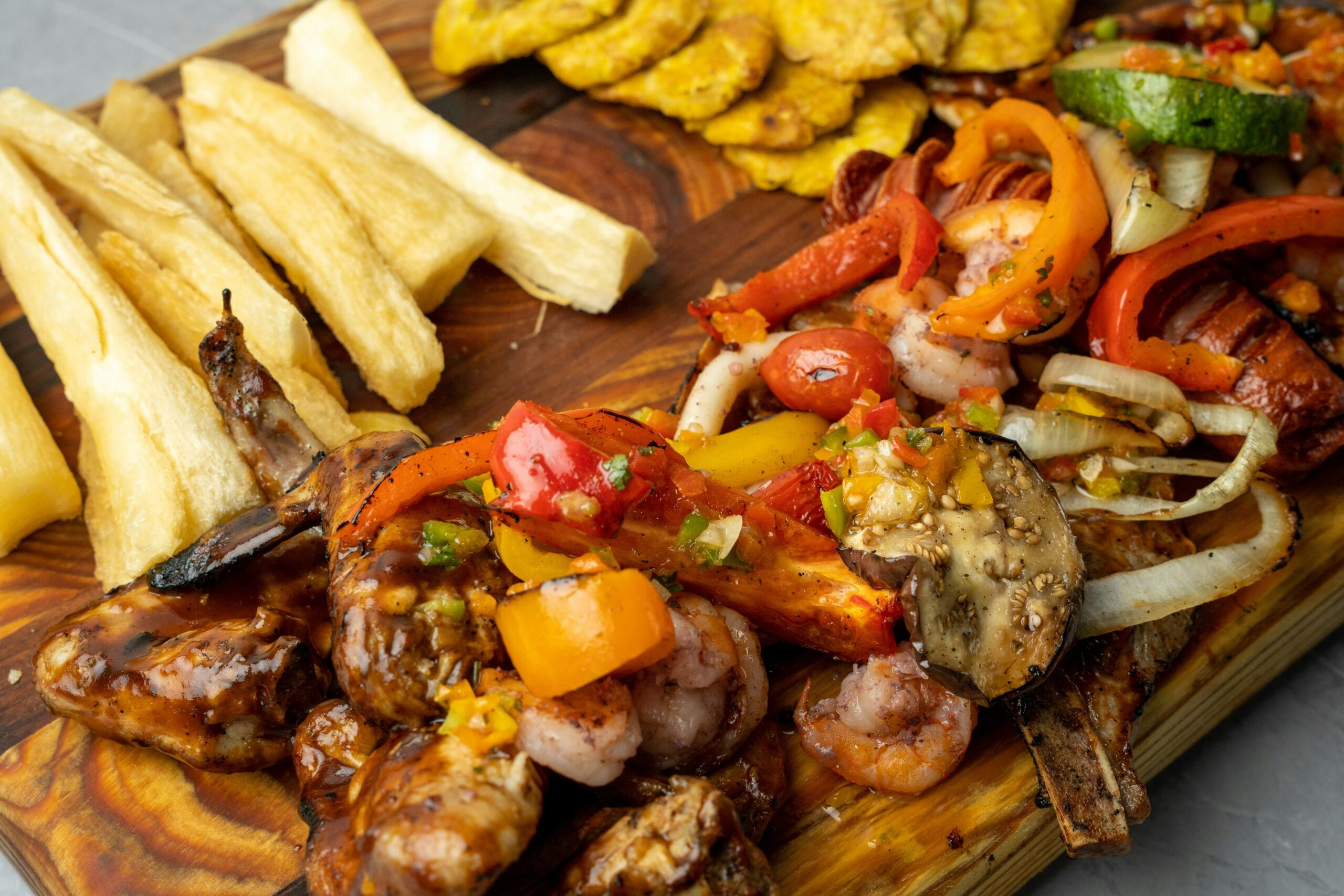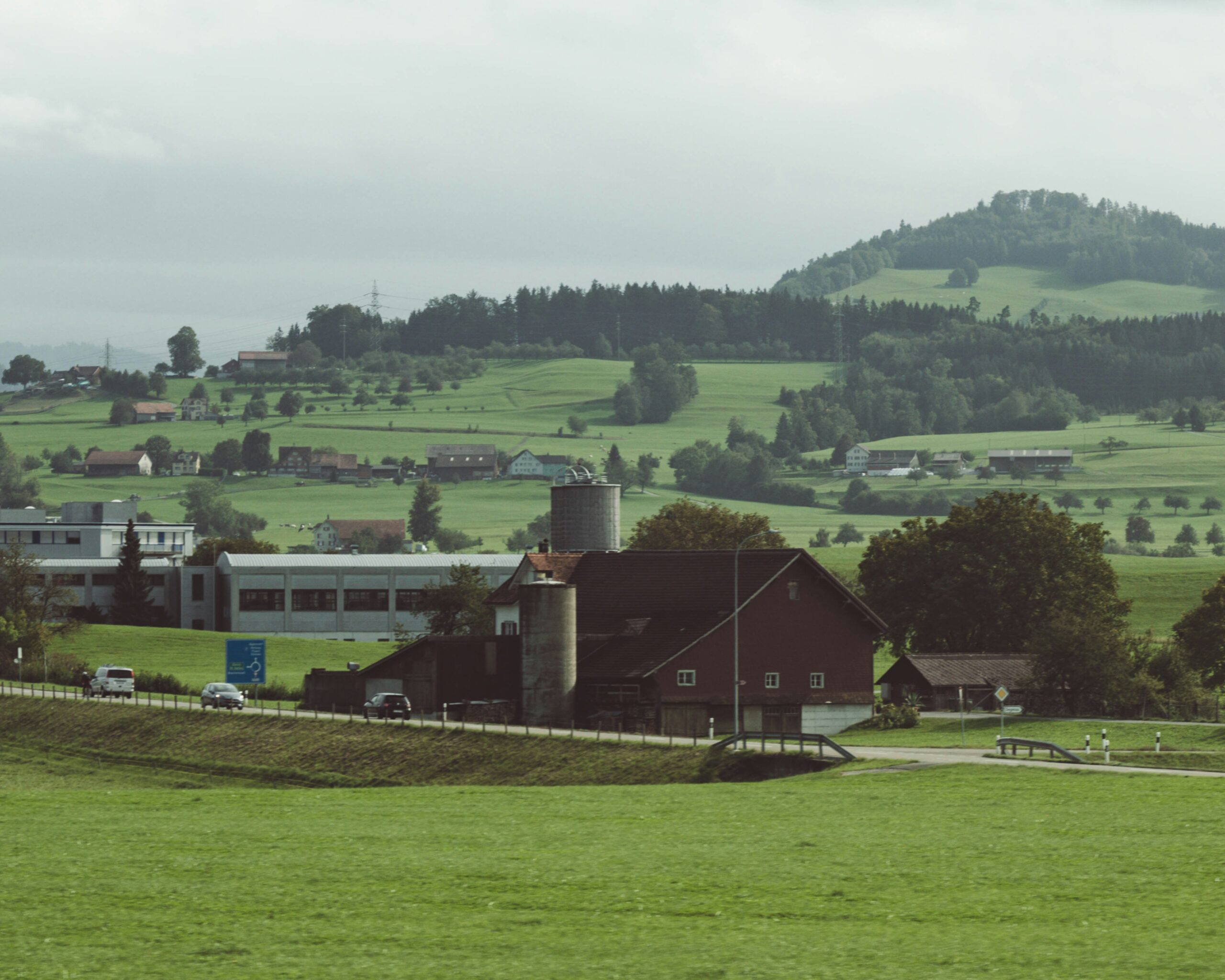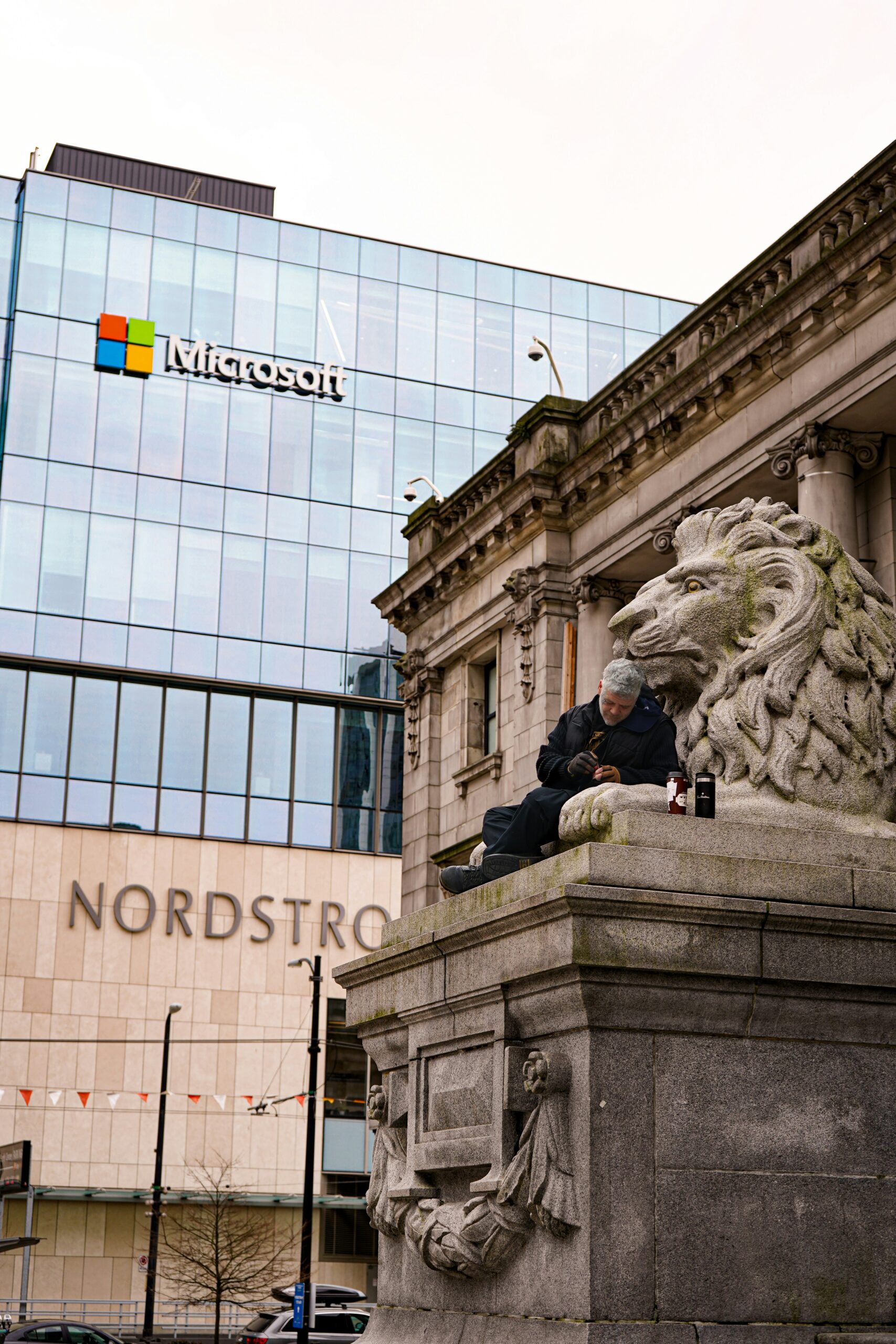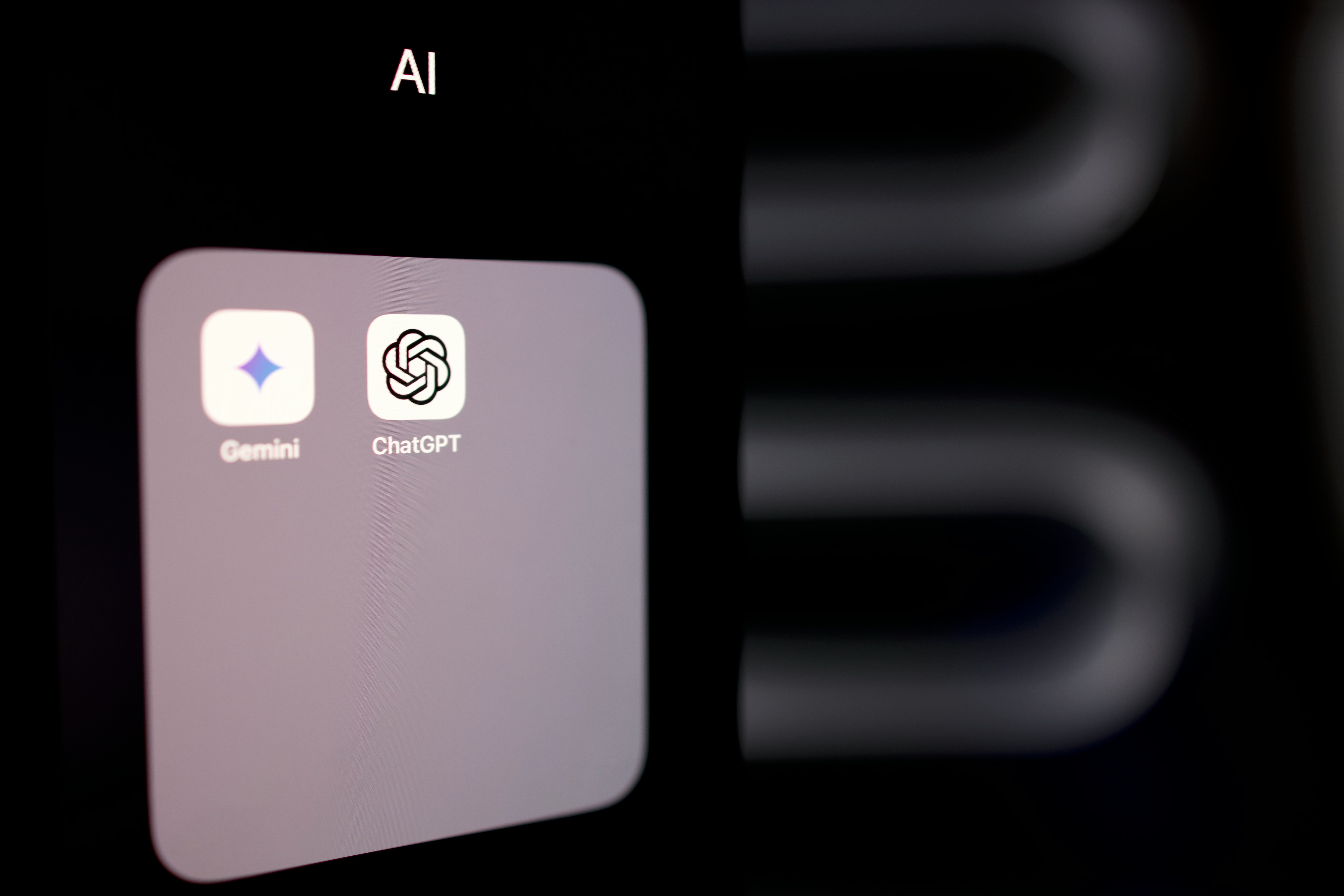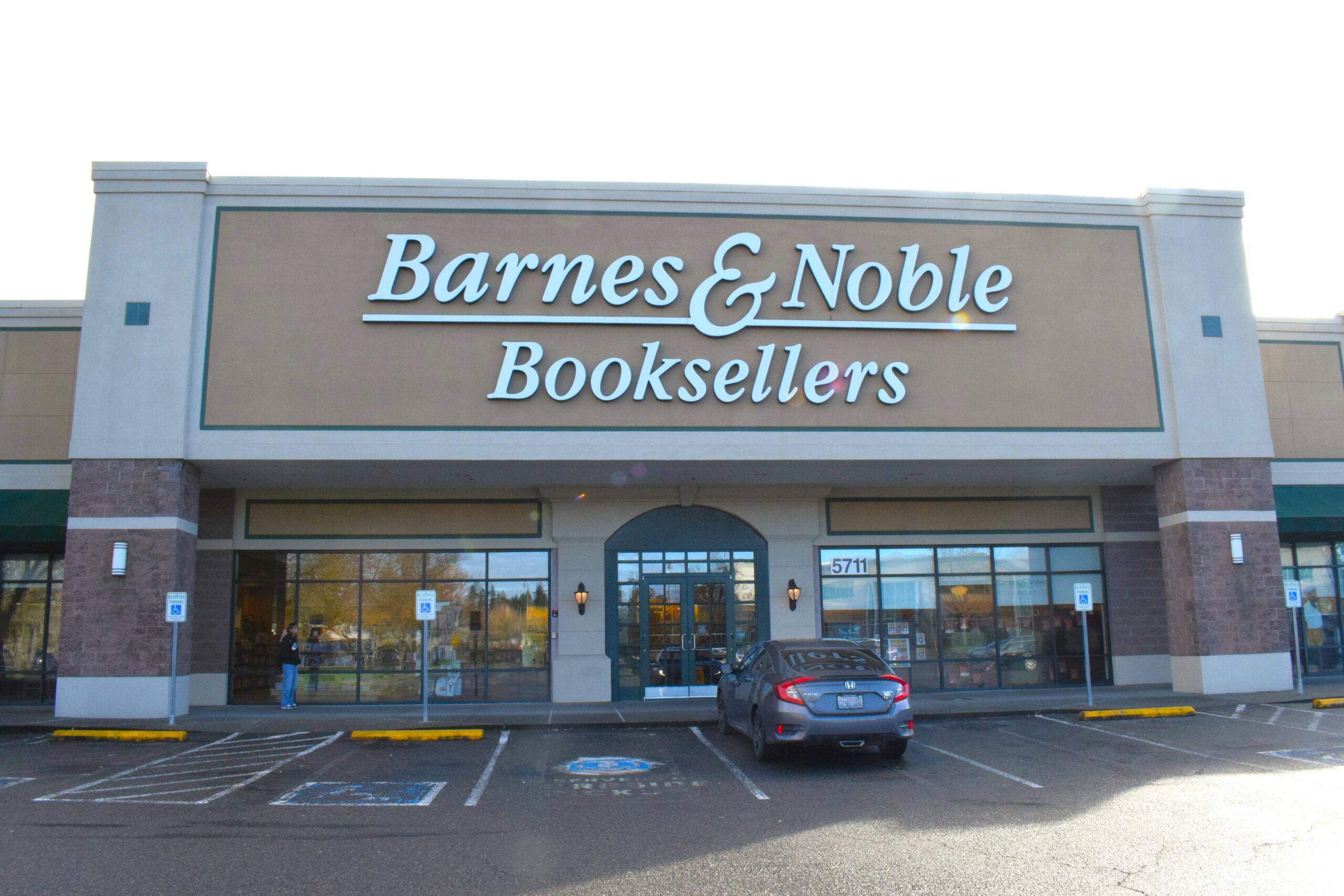Image credit: Unsplash
The North Atlantic Council announced Wednesday, June 26, their decision to appoint Dutch Prime Minister Mark Rutte as the next Secretary General of NATO, its top civilian post. Bringing over a dozen years of experience at the top of Dutch politics, Rutte will assume his position as Secretary General for the world’s most prominent military organization from October 1, 2024, succeeding Jens Stoltenberg, whose term expires after ten years at the reins of the Alliance.
As NATO’s top international civil servant role, the Secretary-General has three primary roles: to chair all central committees, facilitate delicate consultations among the 32 NATO member countries by aiding in the decision-making process and ensuring that decisions are implemented, and finally, act as the principal spokesperson for the organization.
Current NATO Secretary General Jens Stoltenberg remarked, “Mark is a true trans-Atlanticist, a strong leader, and a consensus-builder. I wish him every success as we continue to strengthen NATO for the challenges of today and tomorrow. I know I am leaving NATO in good hands.”
With his experience leading four Dutch multi-party governments, Rutte has learned a thing or two about finding consensus among fractious coalition partners. The history graduate and former human resources manager at consumer products multinational Unilever, Rutte became prime minister of the Netherlands for the first time in October 2010. Yet, while remaining one of Europe’s top politicians for years, the Prime Minister has also stayed down to earth. Rutte is often spotted in his hometown of The Hague riding his bicycle or walking from his office to a meeting, enjoying a snack. When Rutte handed his government’s resignation to King Willem-Alexander last year, he headed to an ornate royal palace in none other than a Saab station wagon.
So, it should be no surprise that Rutte, after the announcement last Thursday that his rival for the top NATO position pulled out, was caught taking selfies with people outside his office, sitting on his bicycle in a white shirt and sunglasses.
But the down-to-earth nature should not fool anyone into thinking Rutte is not ready for the job. While serving as Dutch Prime Minister, Rutte was a strong supporter of Ukraine and its right to defend itself after Russia’s 2022 invasion. The war on Europe’s eastern flank is one reason why Rutte sought the job as NATO chief. Under his leadership as Dutch Prime Minister, the Netherlands pledged military hardware to Kyiv that included Leopard tanks and F-16 fighter jets.
Mark Rutte’s respected and skilled political background was put to the test even before he officially took over the position from Stoltenberg. Rutte’s diplomatic skills were required as he navigated the challenges presented by some NATO members. He convinced doubters, such as Hungarian Prime Minister Viktor Orbán and Turkish President Recep Tayyip Erdogan, to back his candidacy. He also had to negotiate with Hungary, who demanded that it should not be obliged to provide personnel or funds for NATO’s new support plans for Ukraine. Rutte’s ability to handle these challenges with diplomacy and tact is a testament to his readiness for the job.
On social media, Mark Rutte expressed his honor of being nominated as the next Secretary General of NATO. He reaffirmed his commitment to the Alliance, stating that it is and will remain the cornerstone of our collective security. Rutte also expressed his eagerness to take up the position in October, promising to bring great vigor to the role. This clear dedication to NATO and enthusiasm for the job further underscore Rutte’s suitability for the position.
